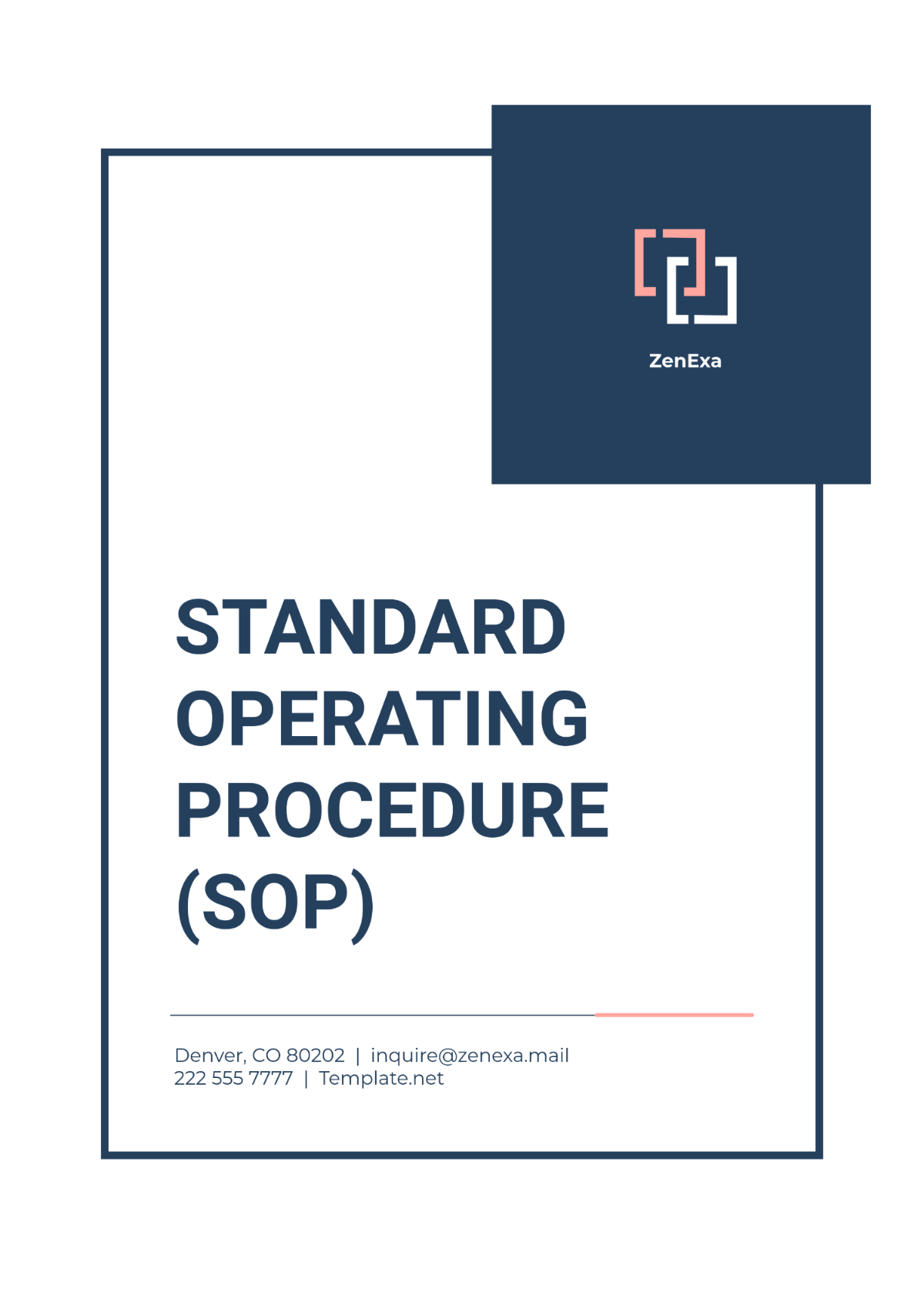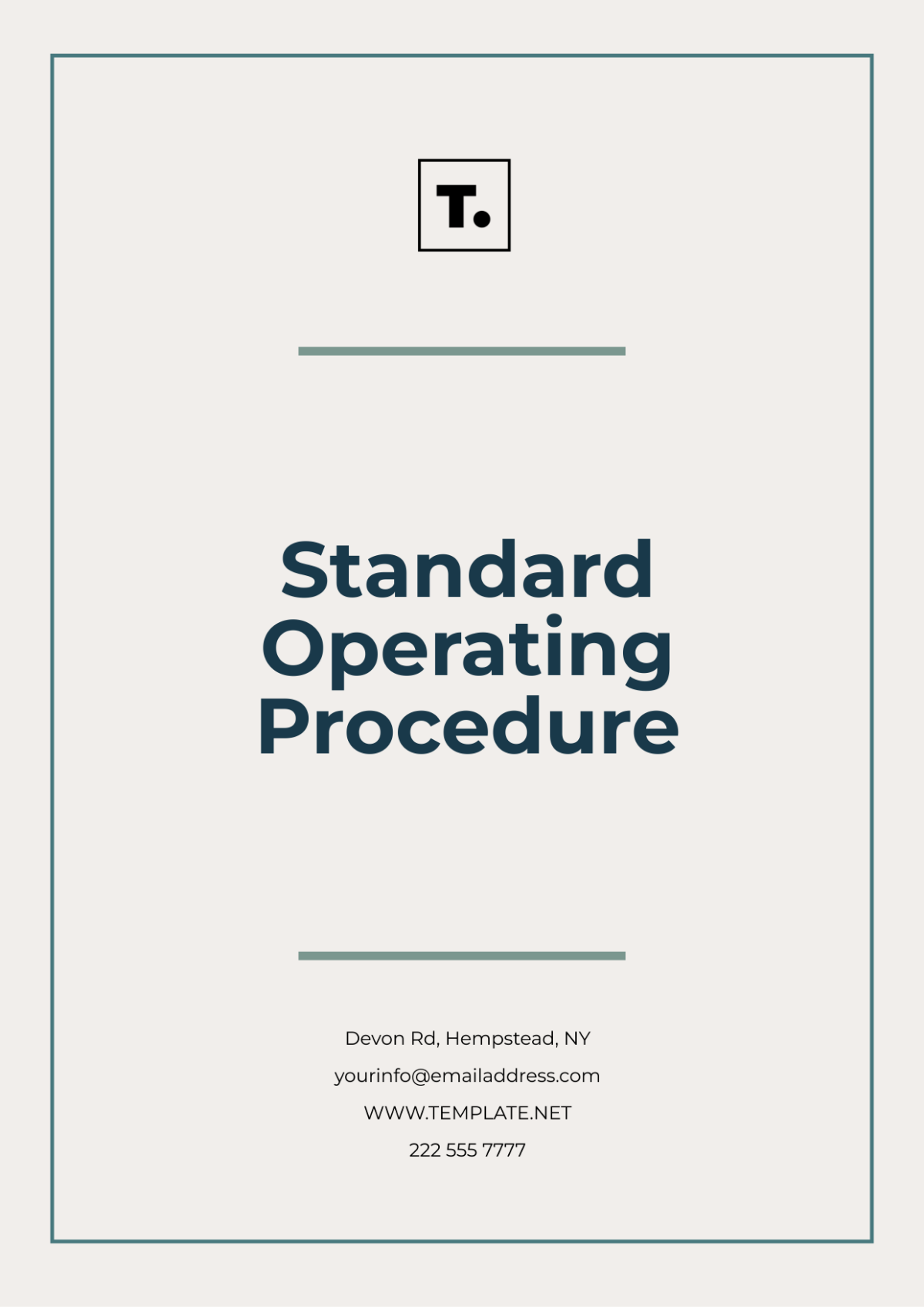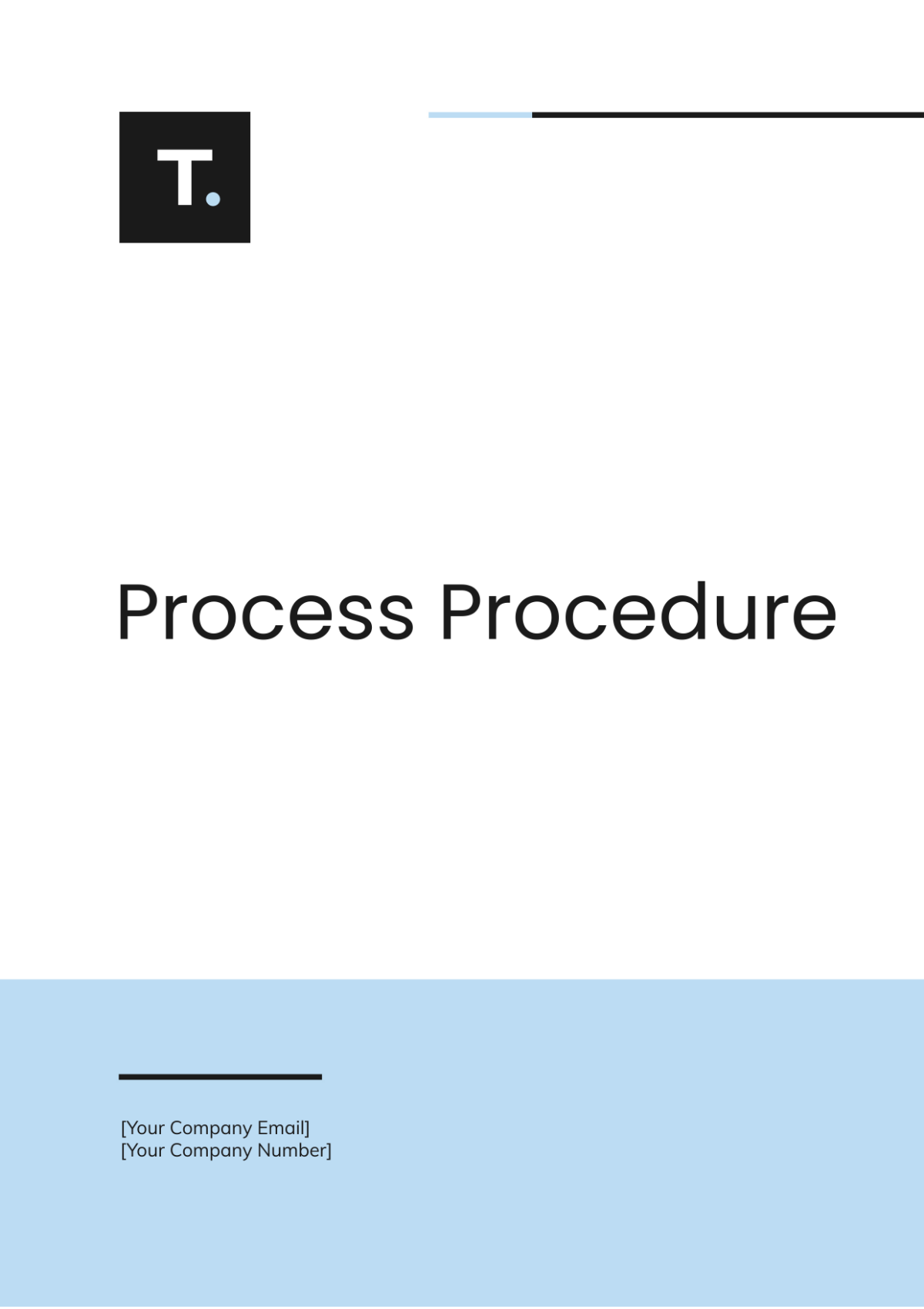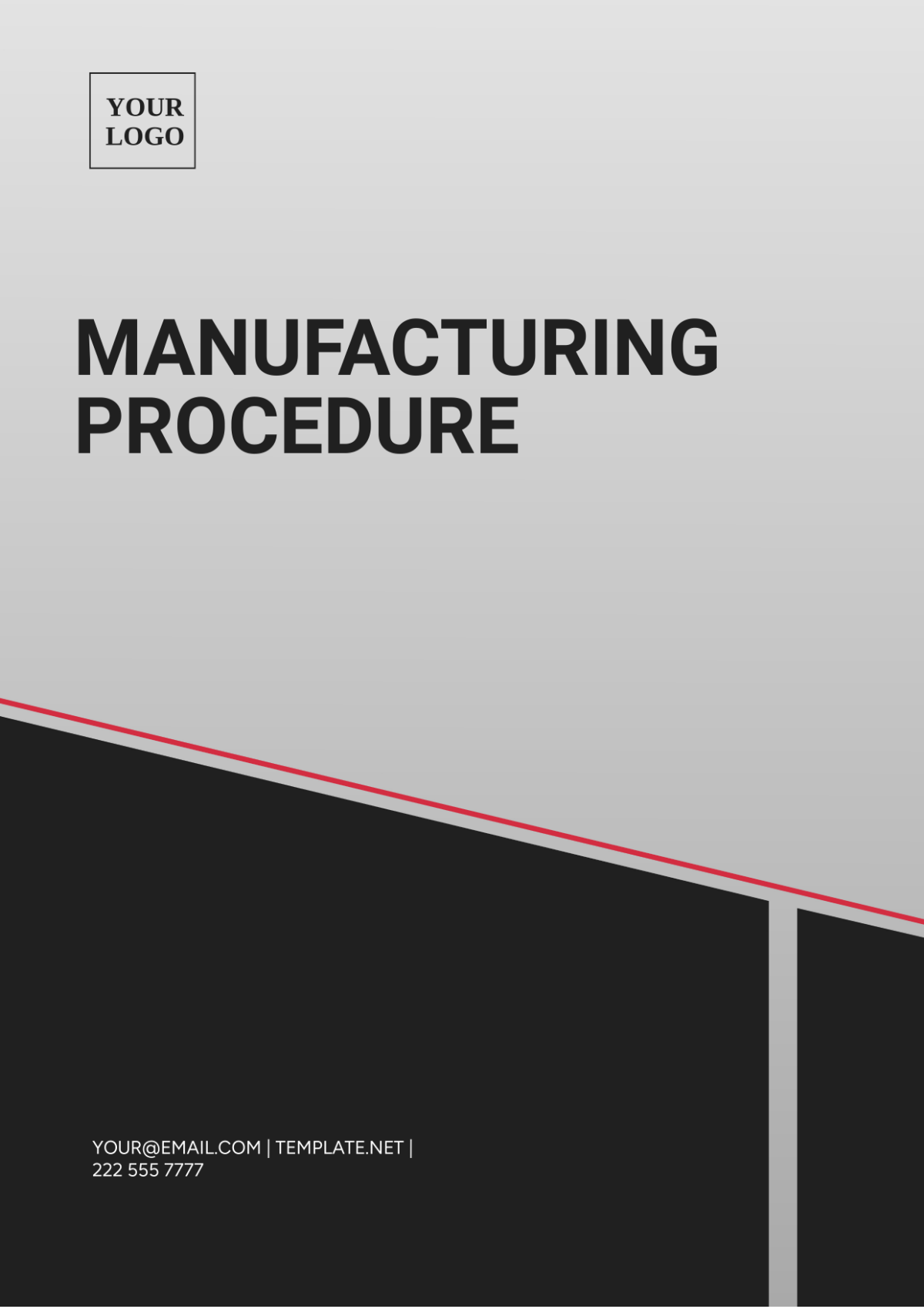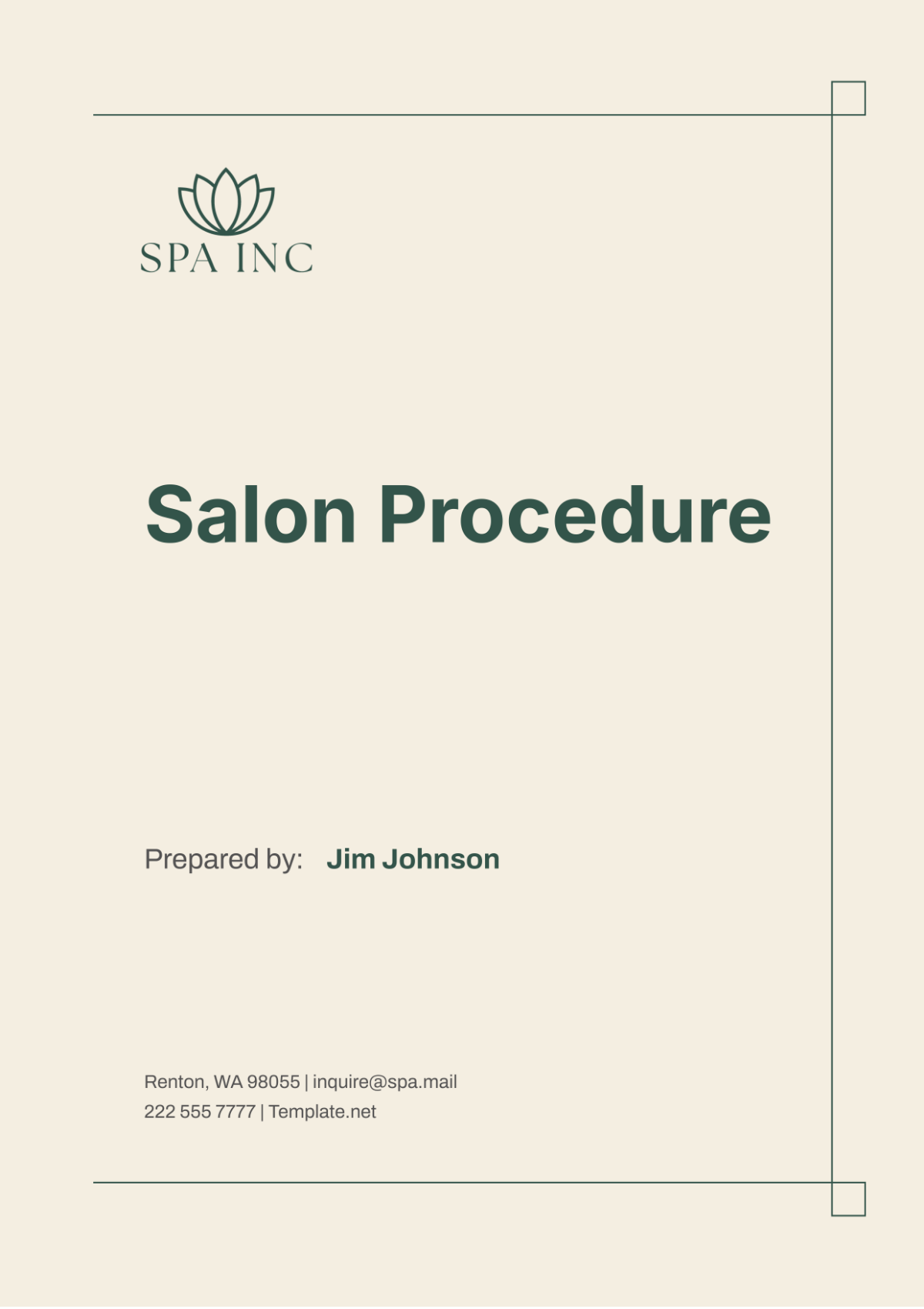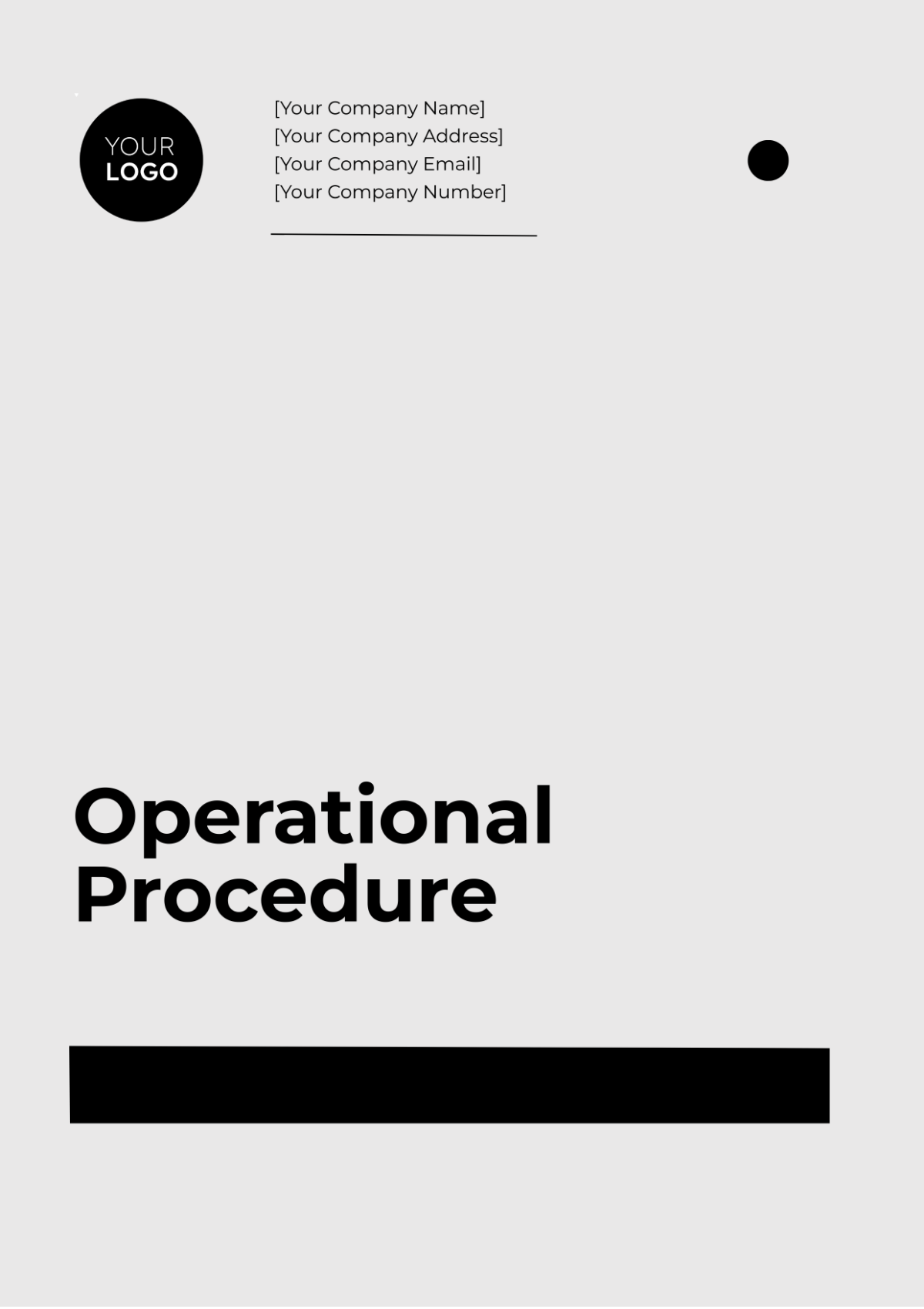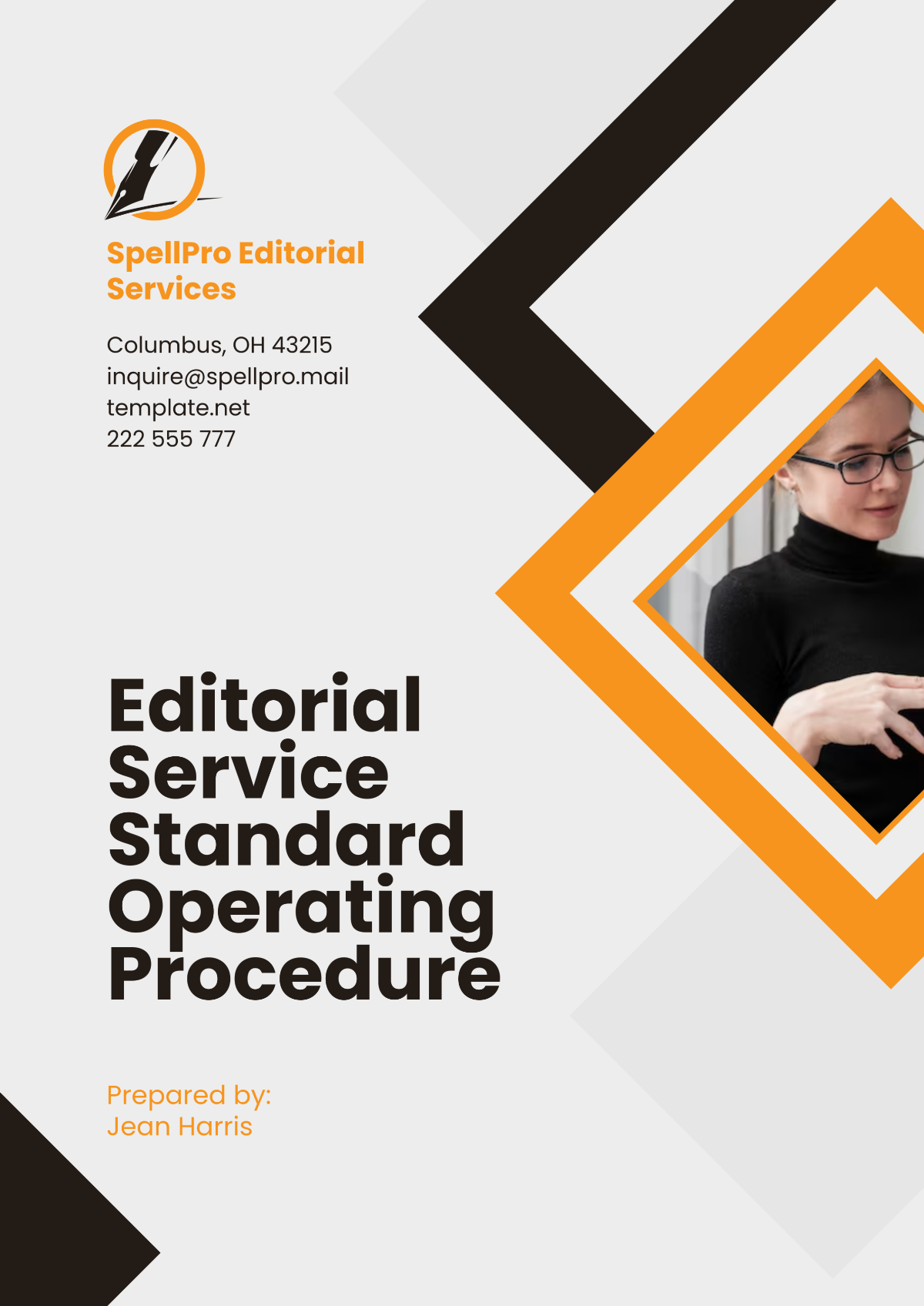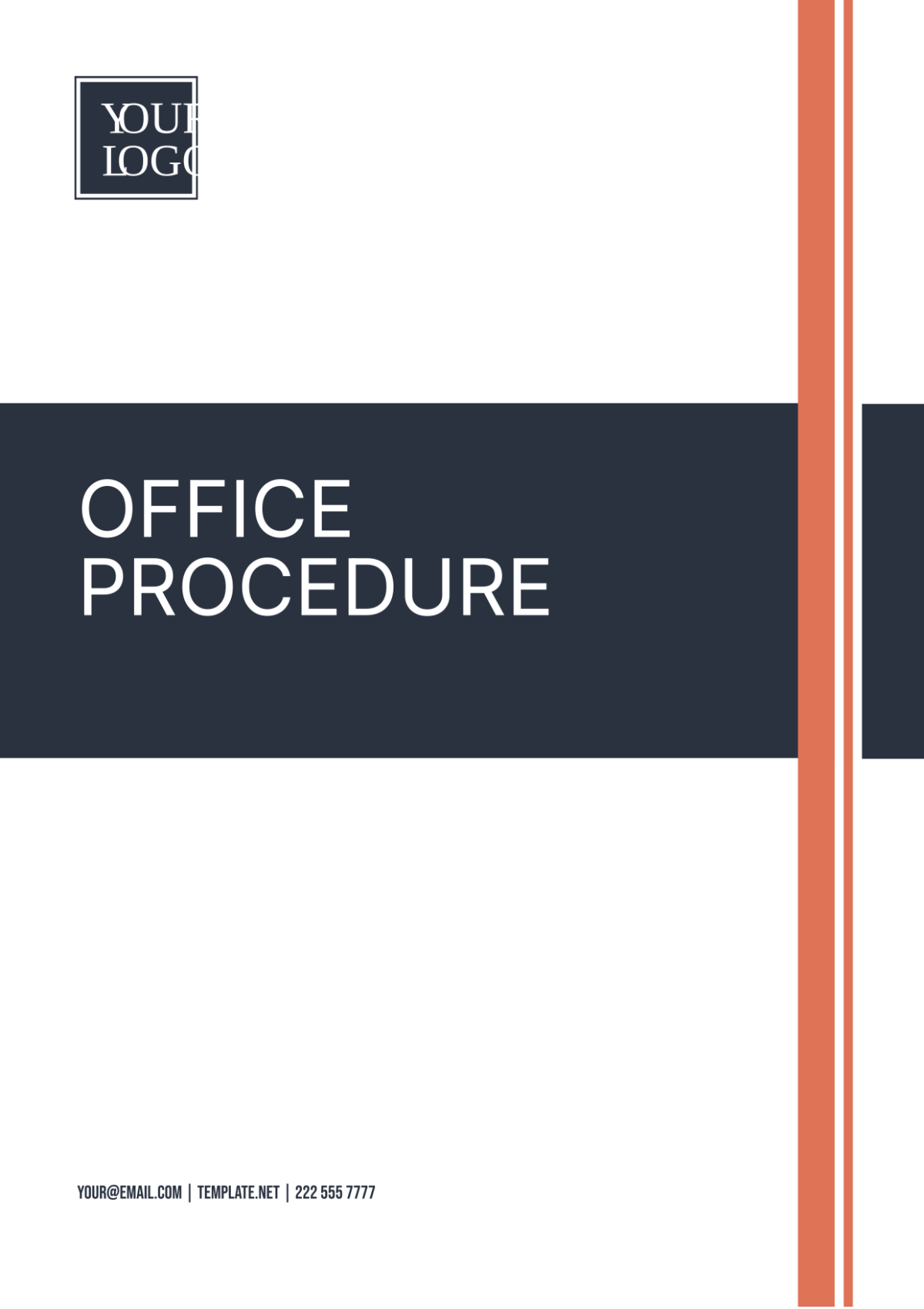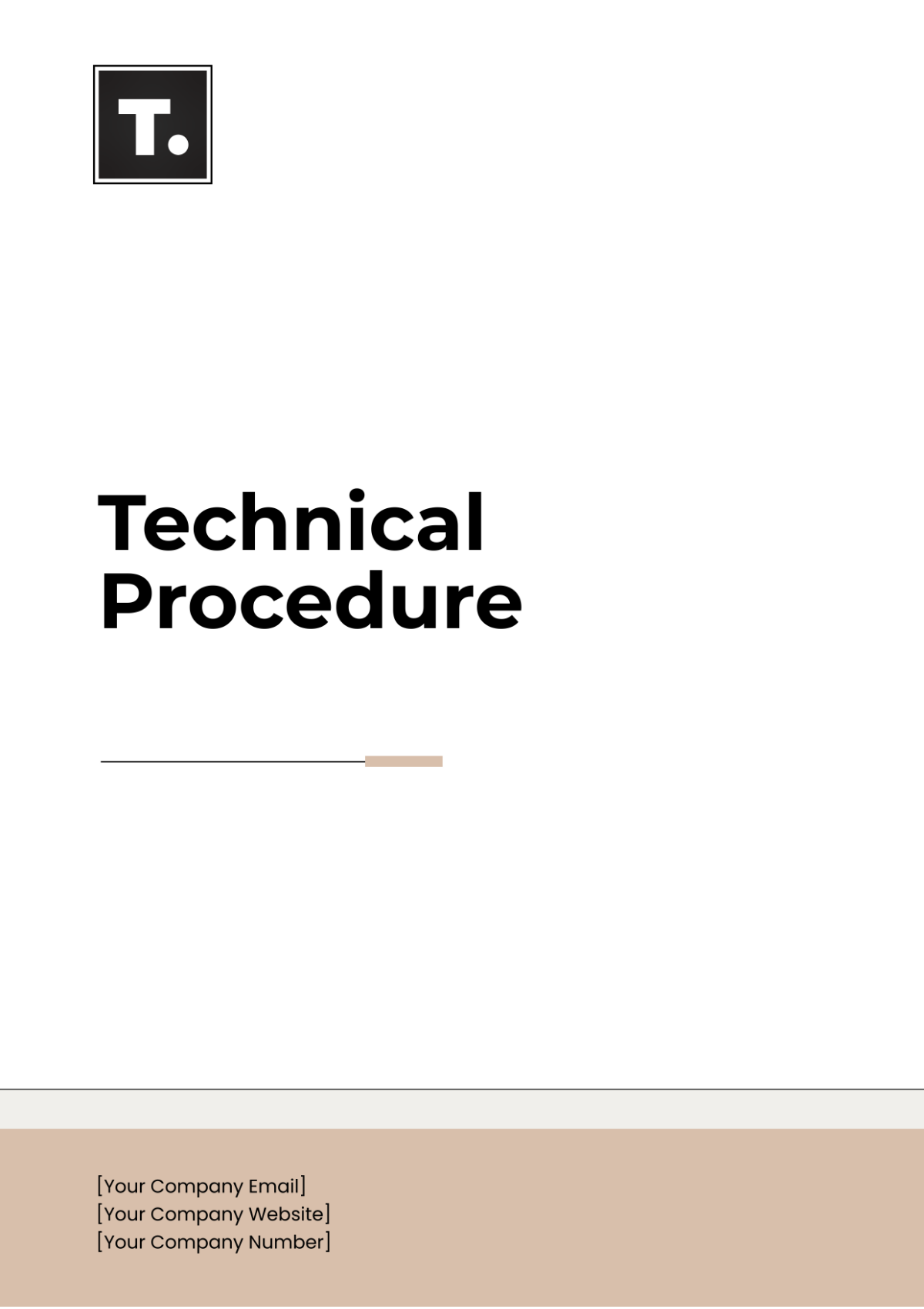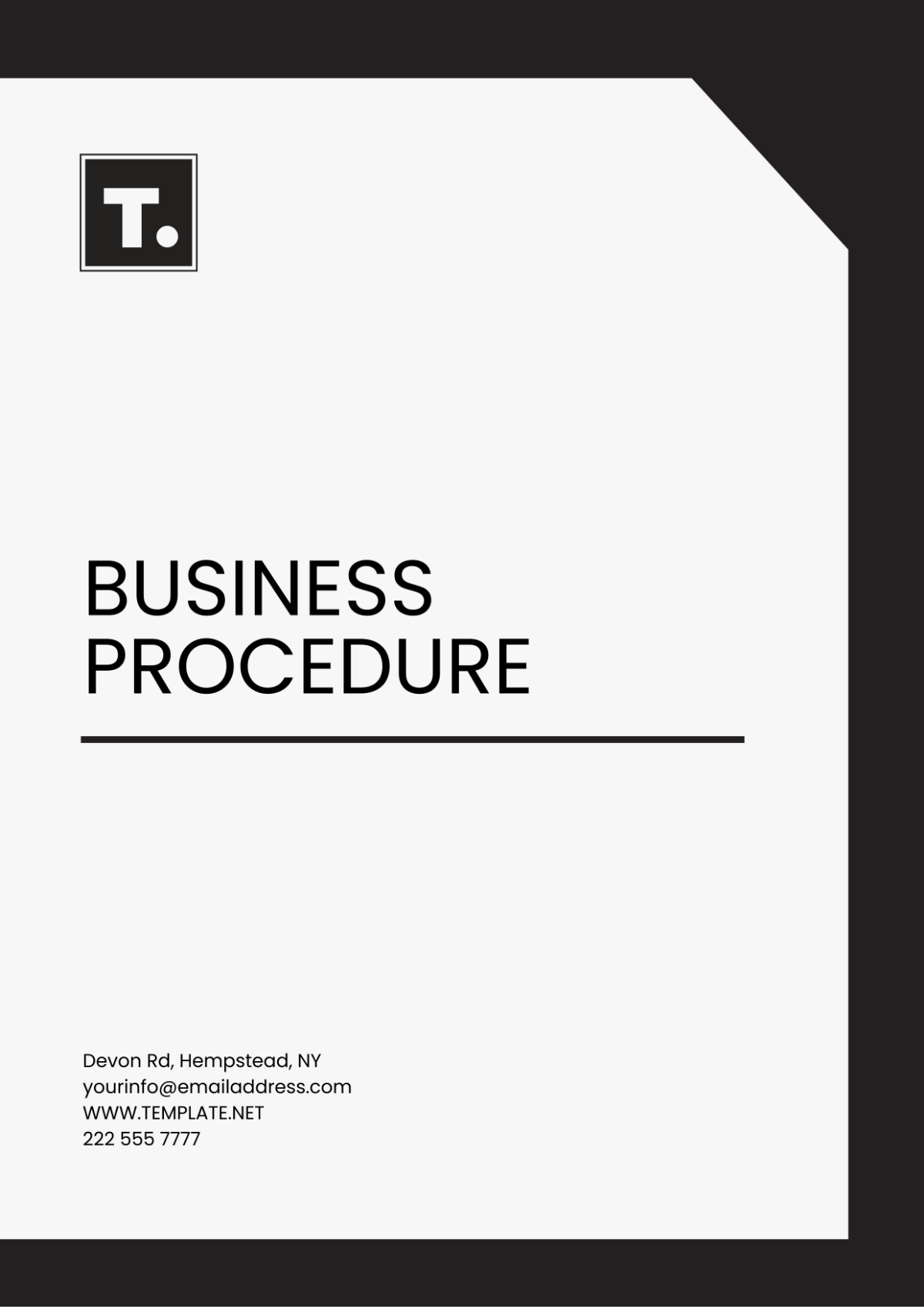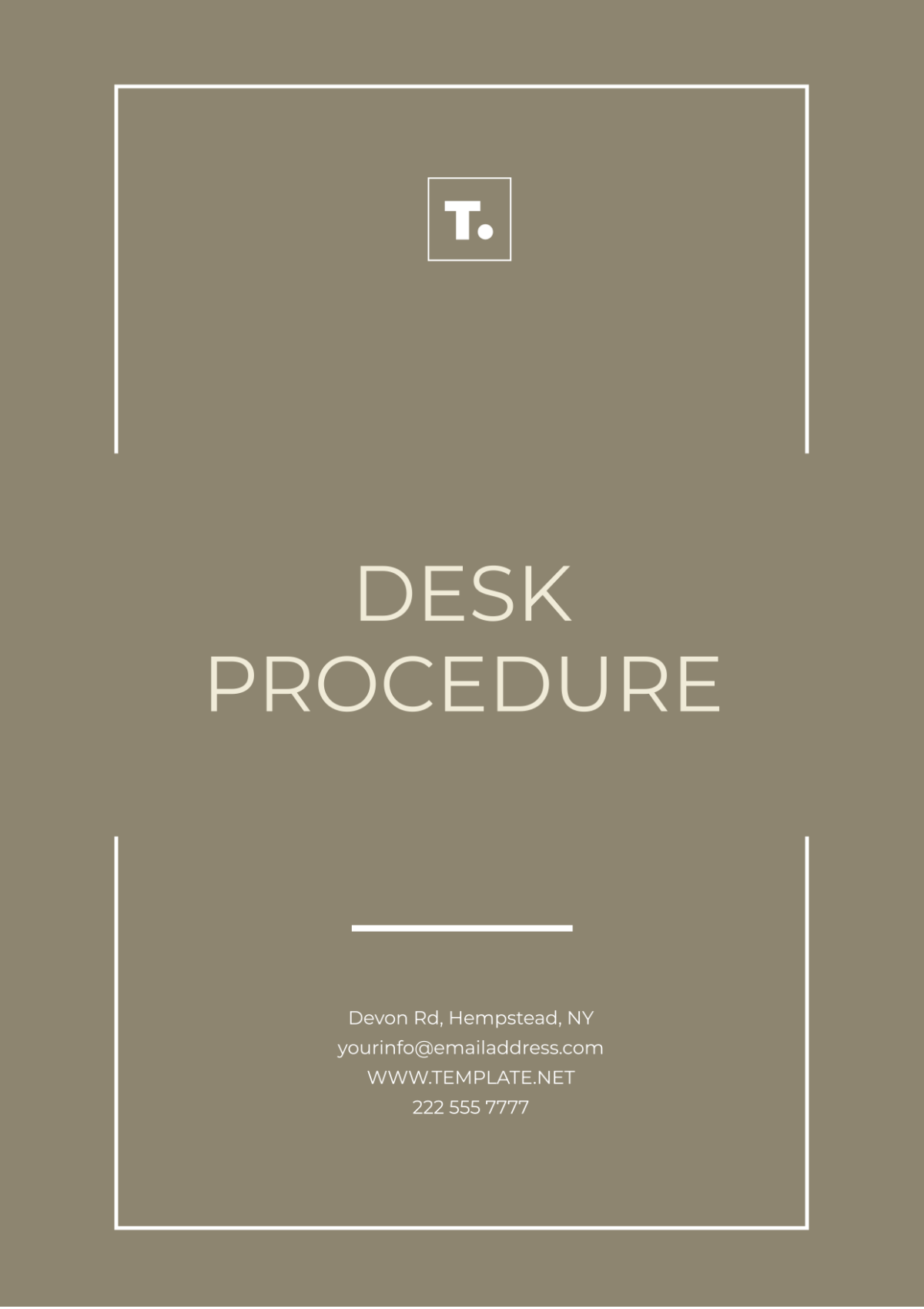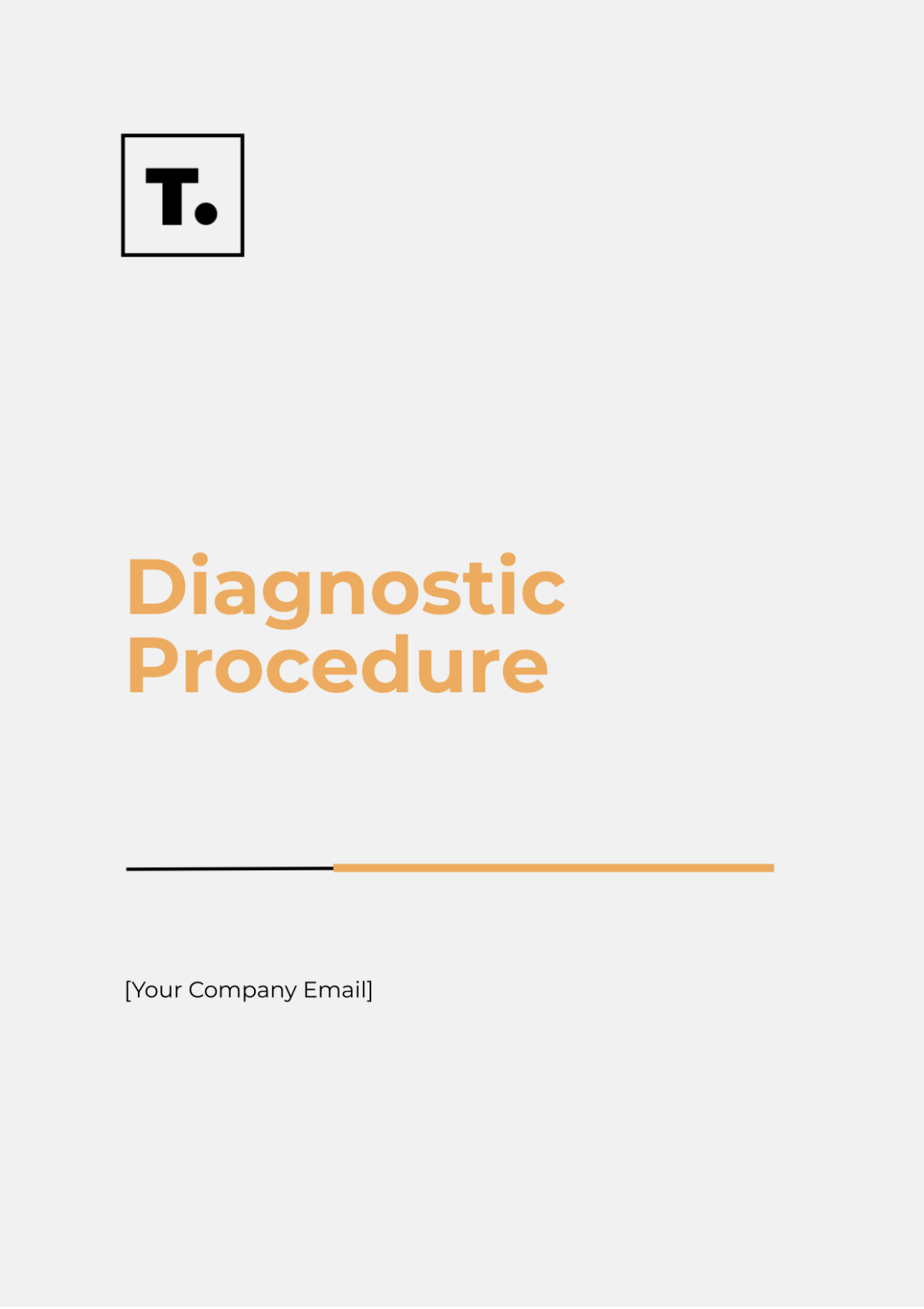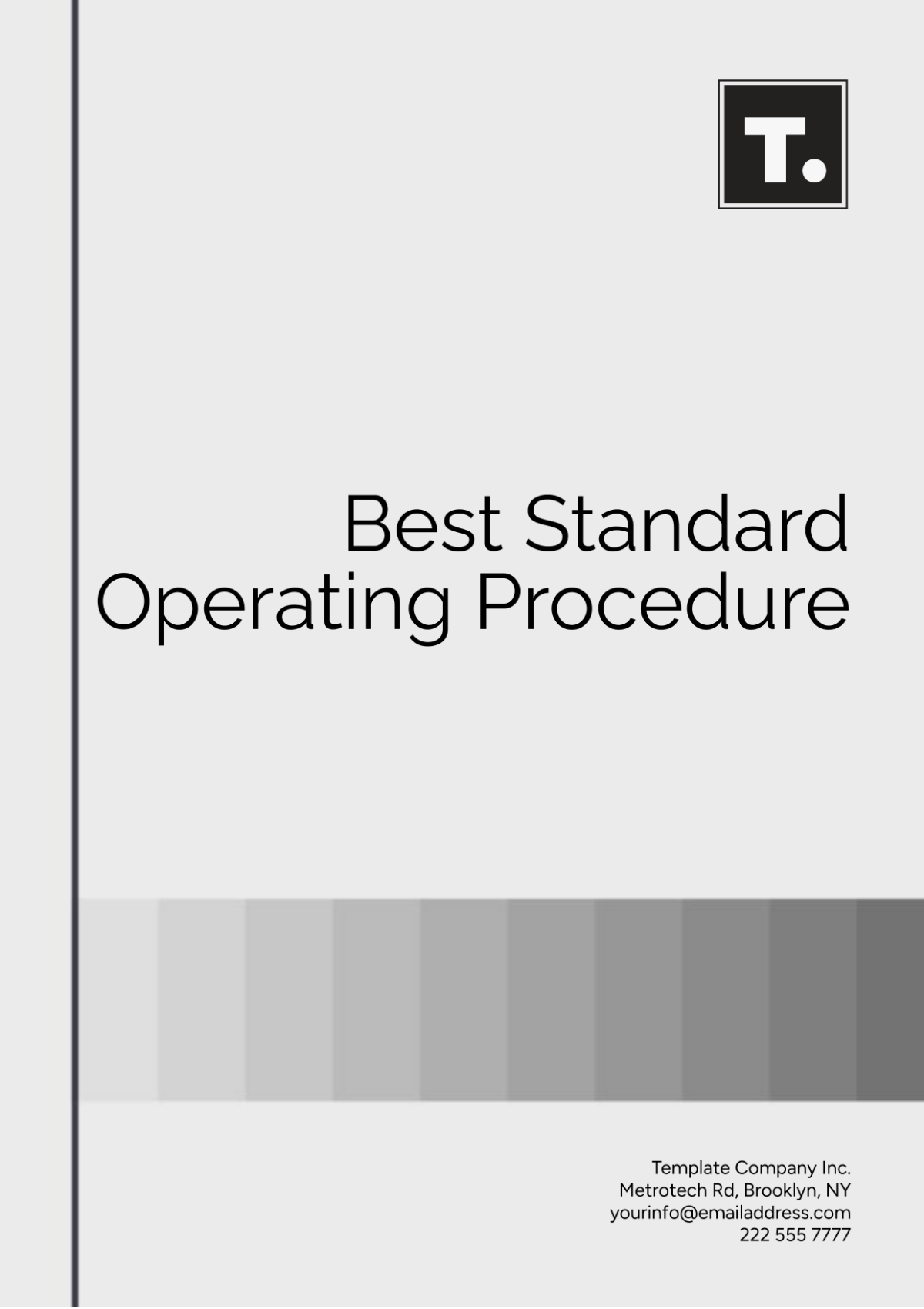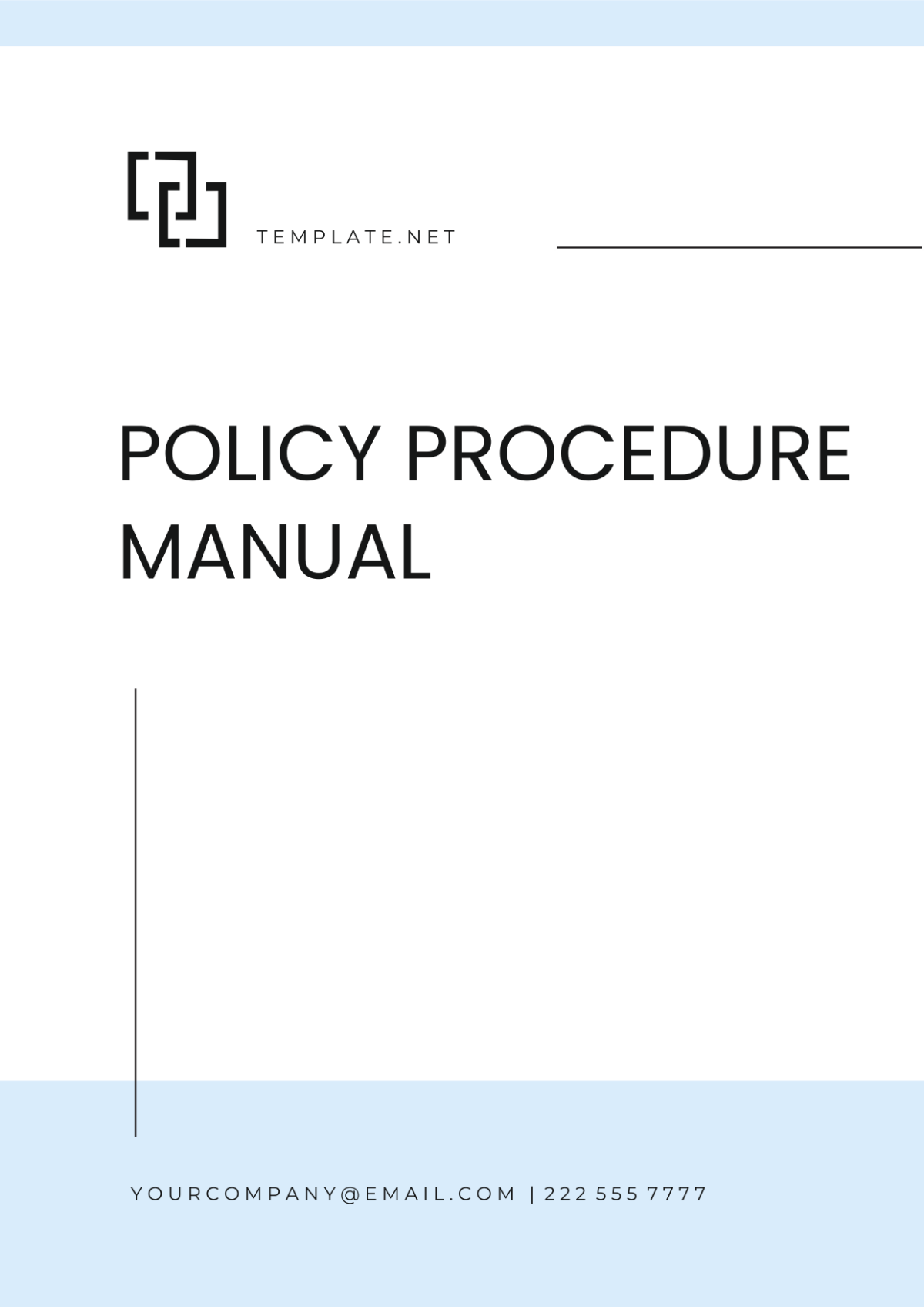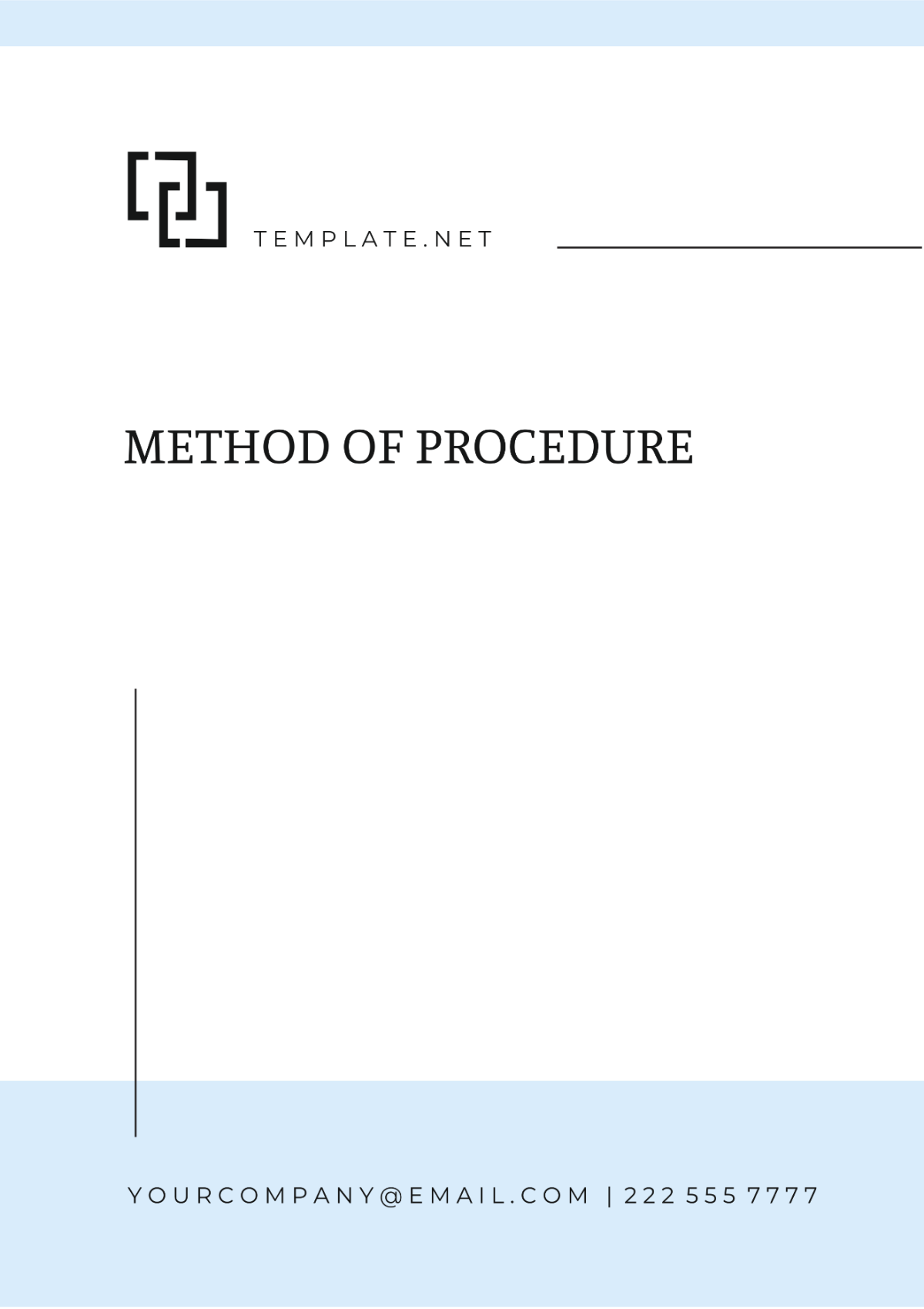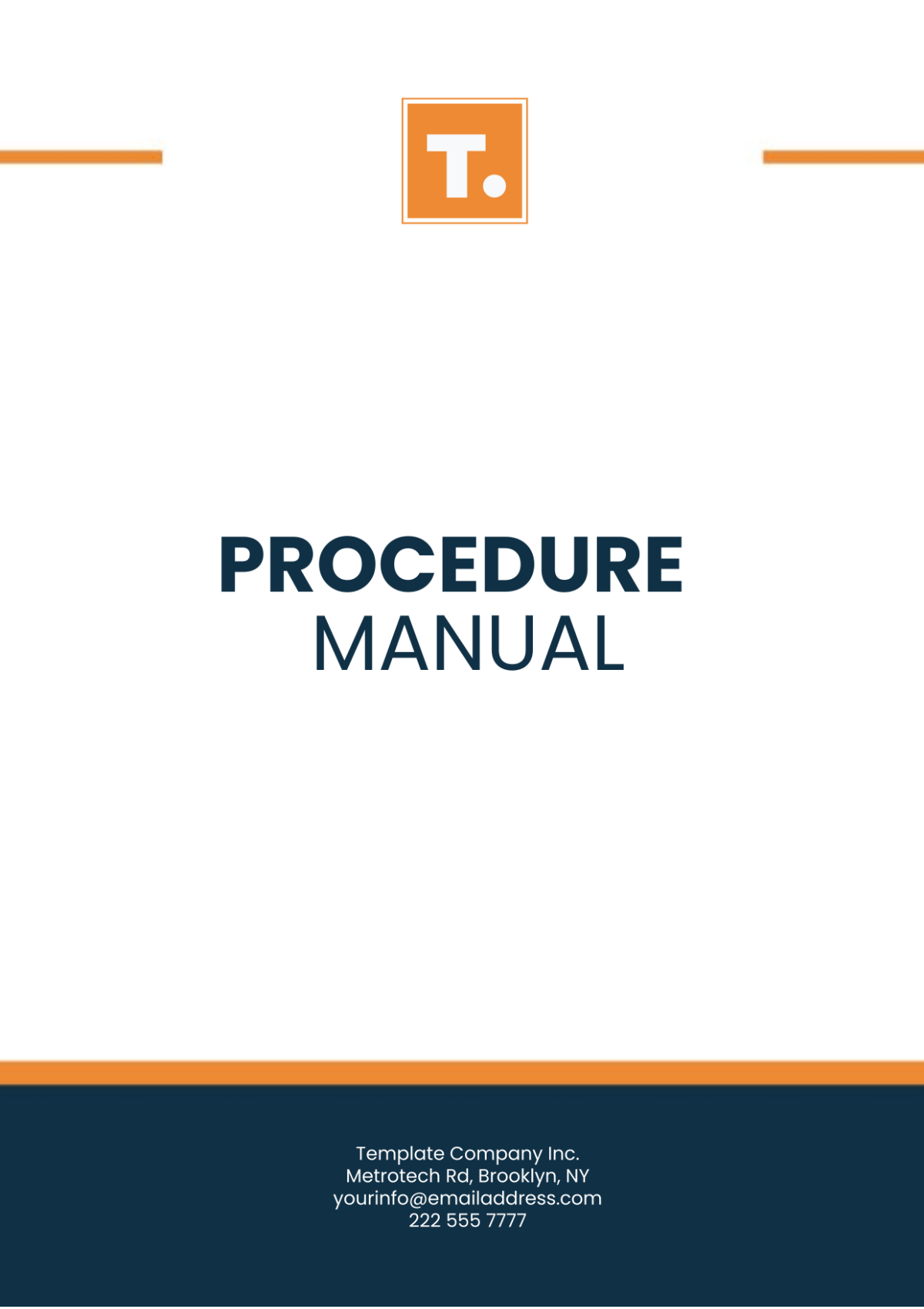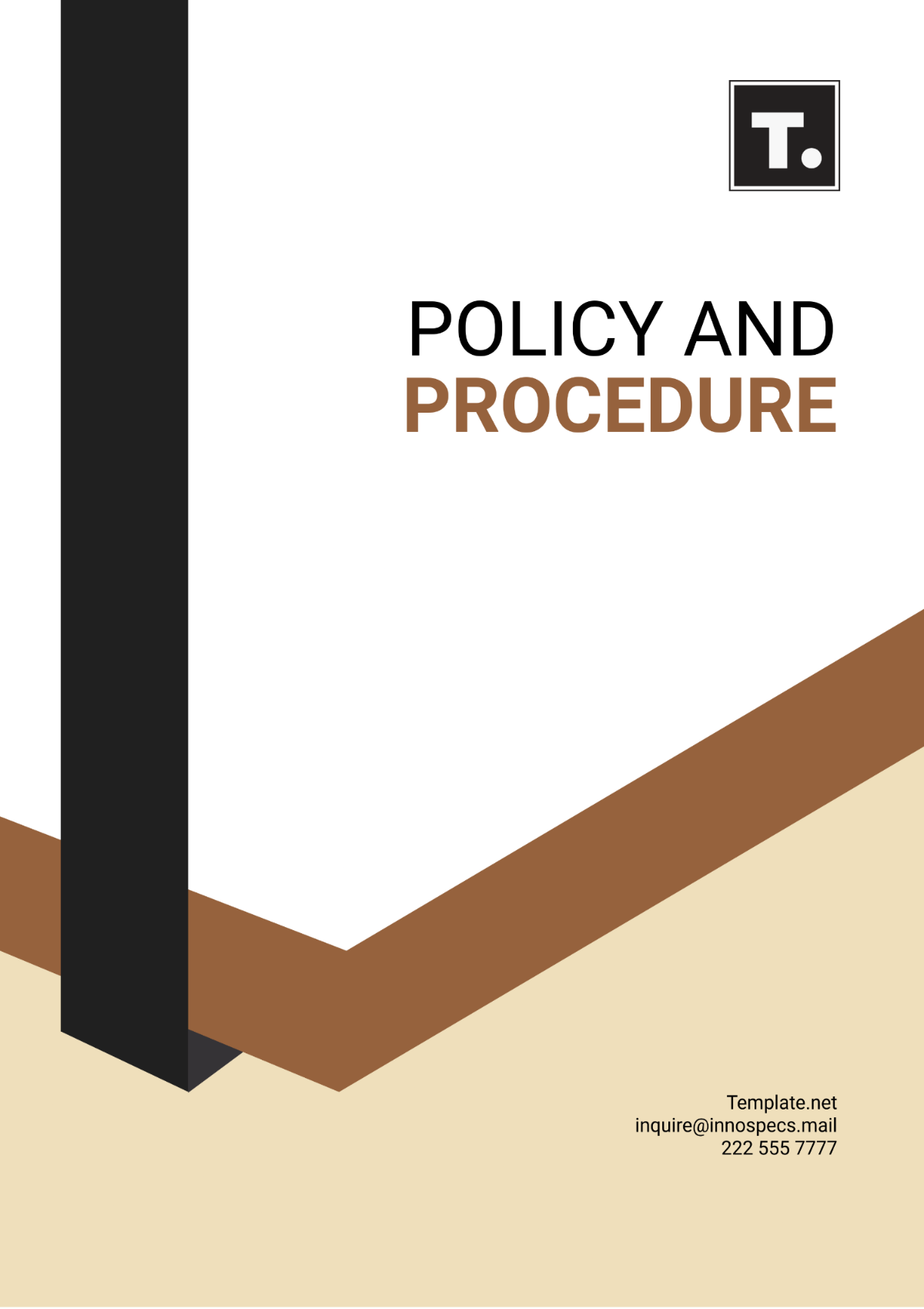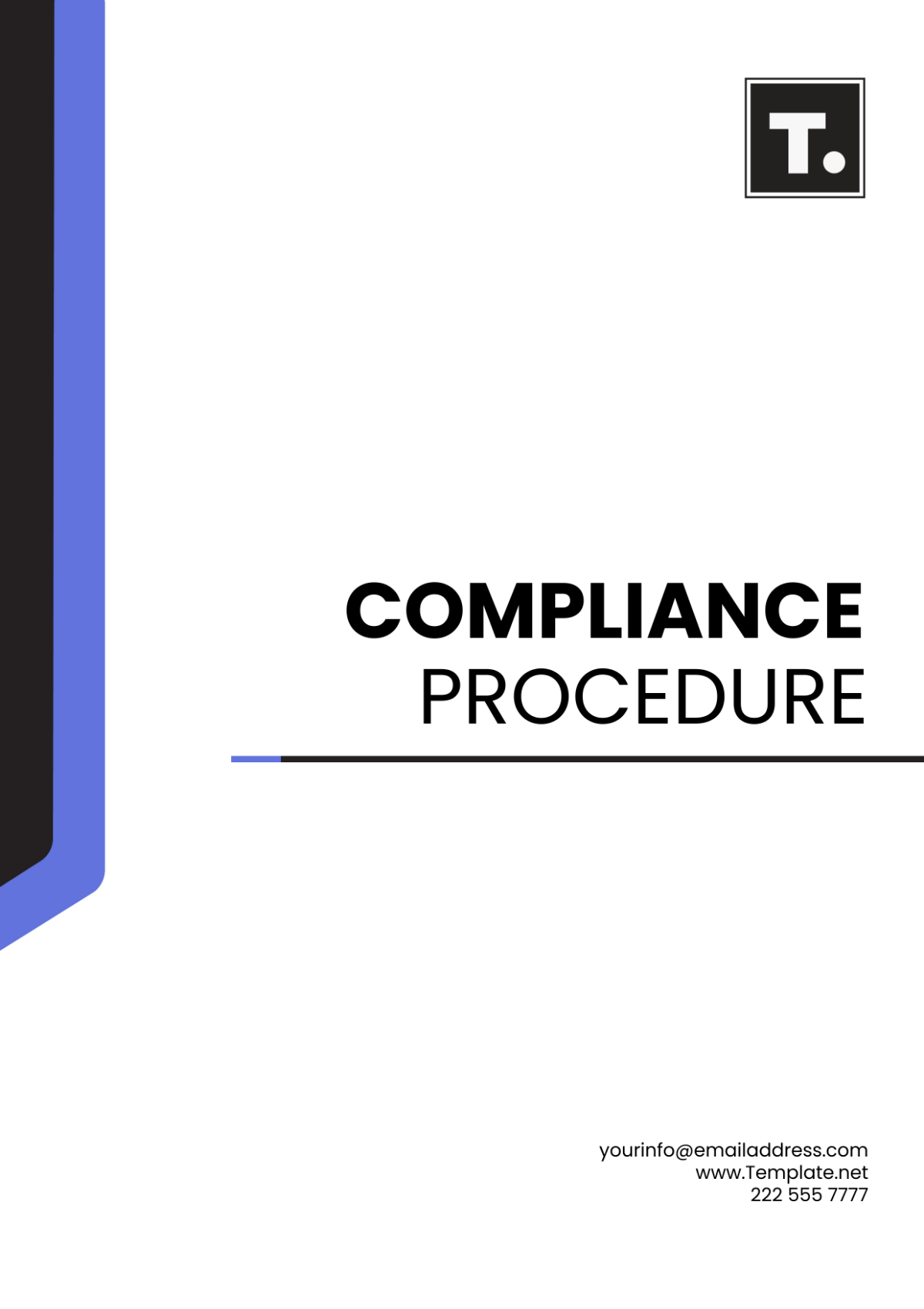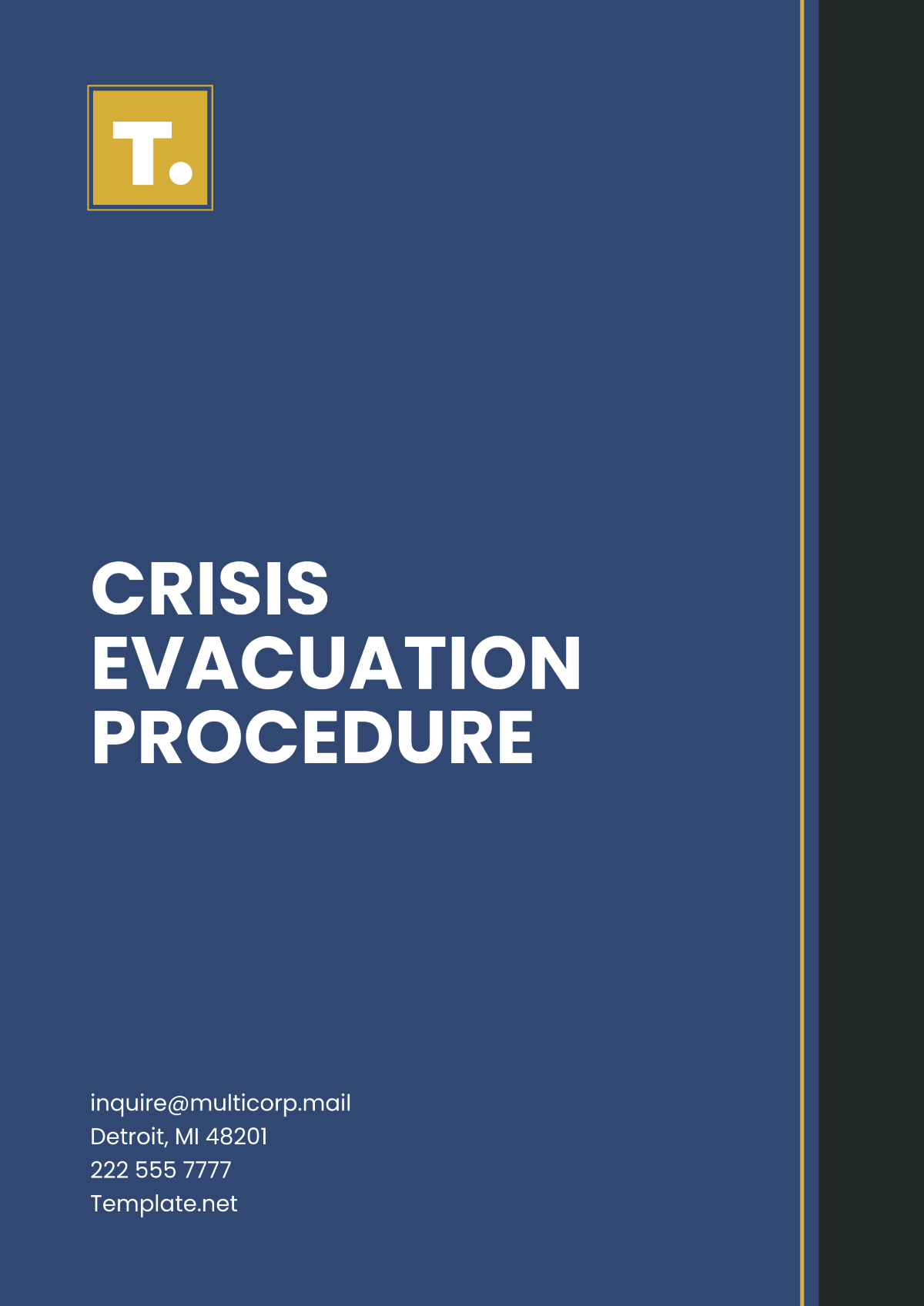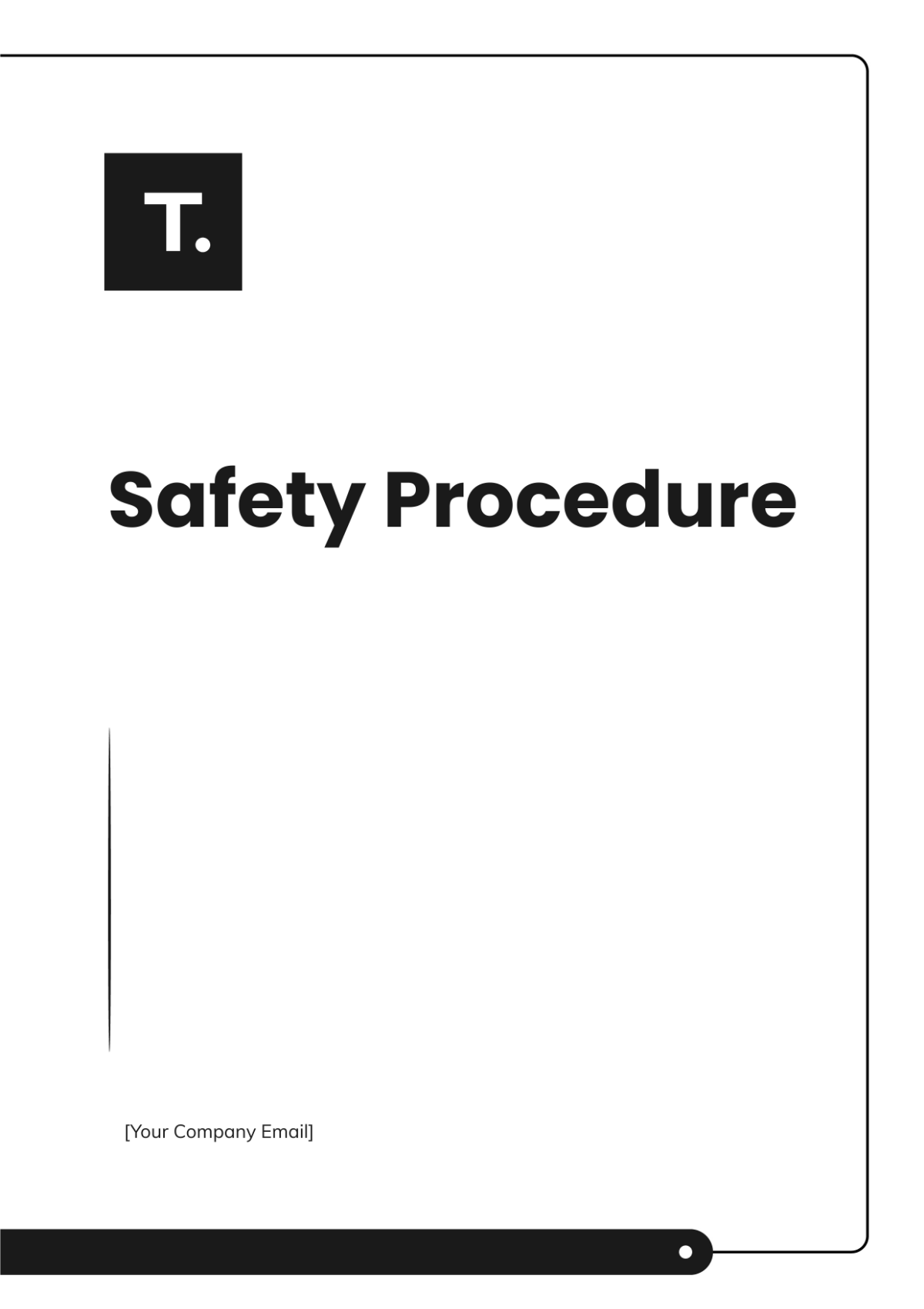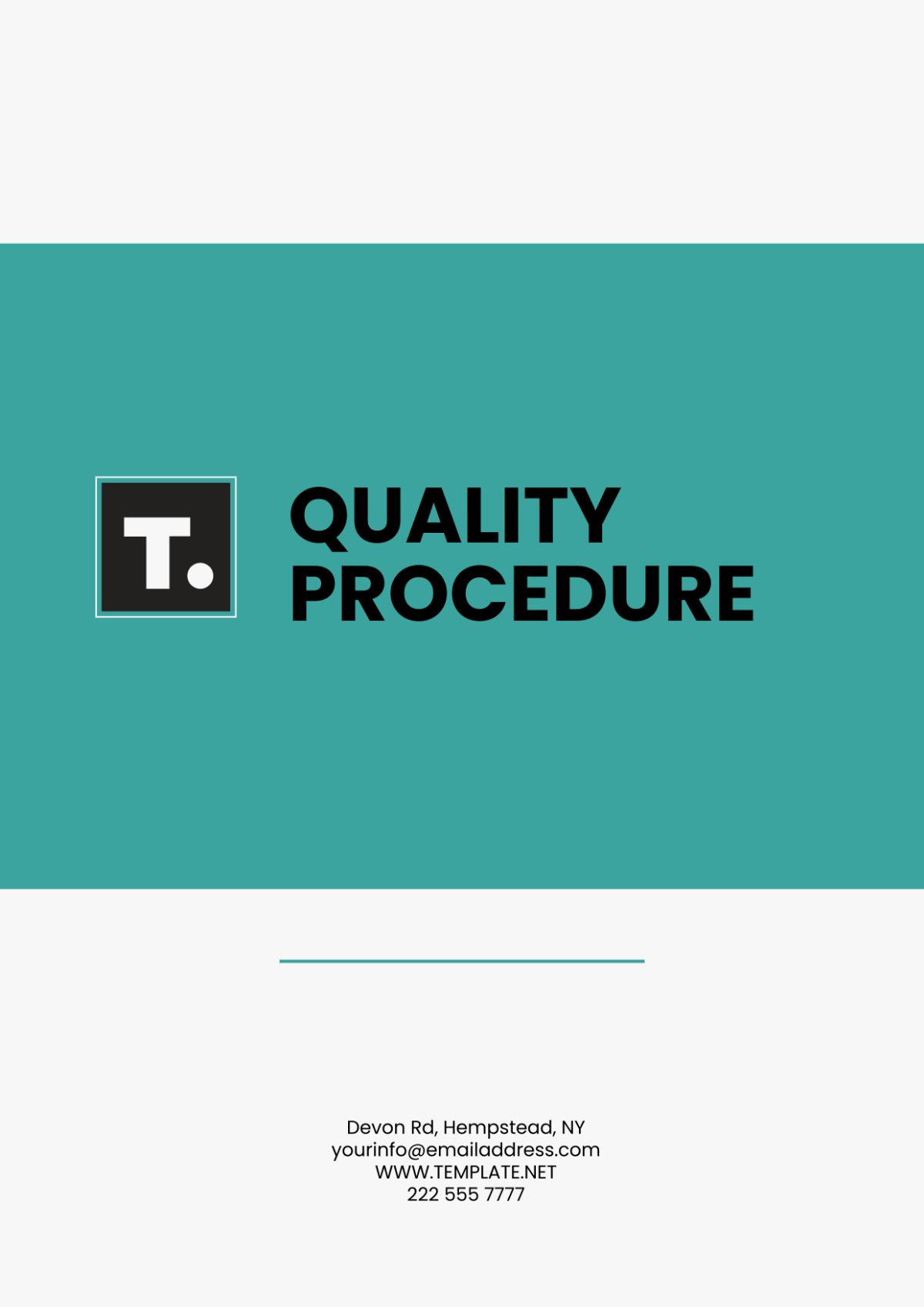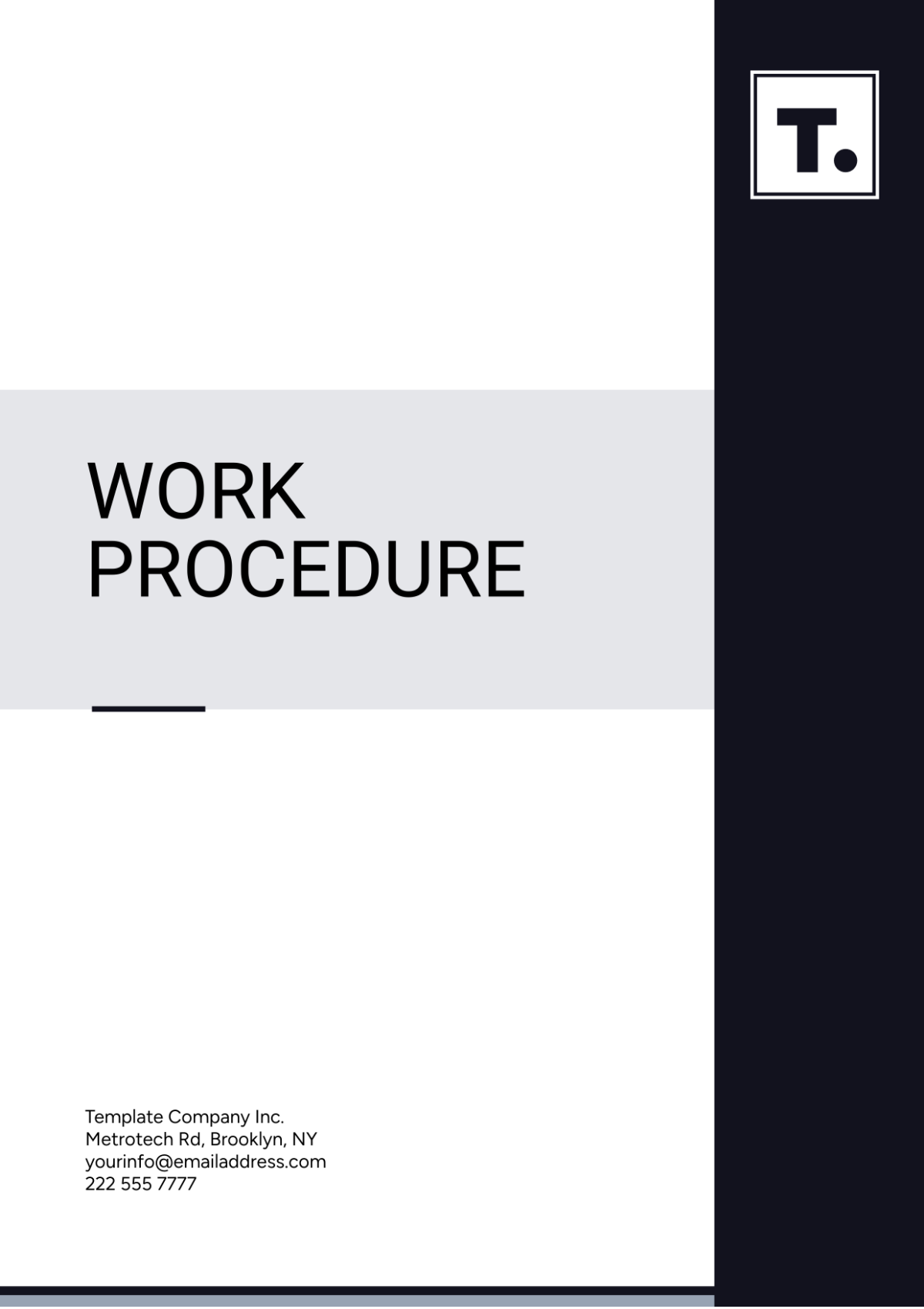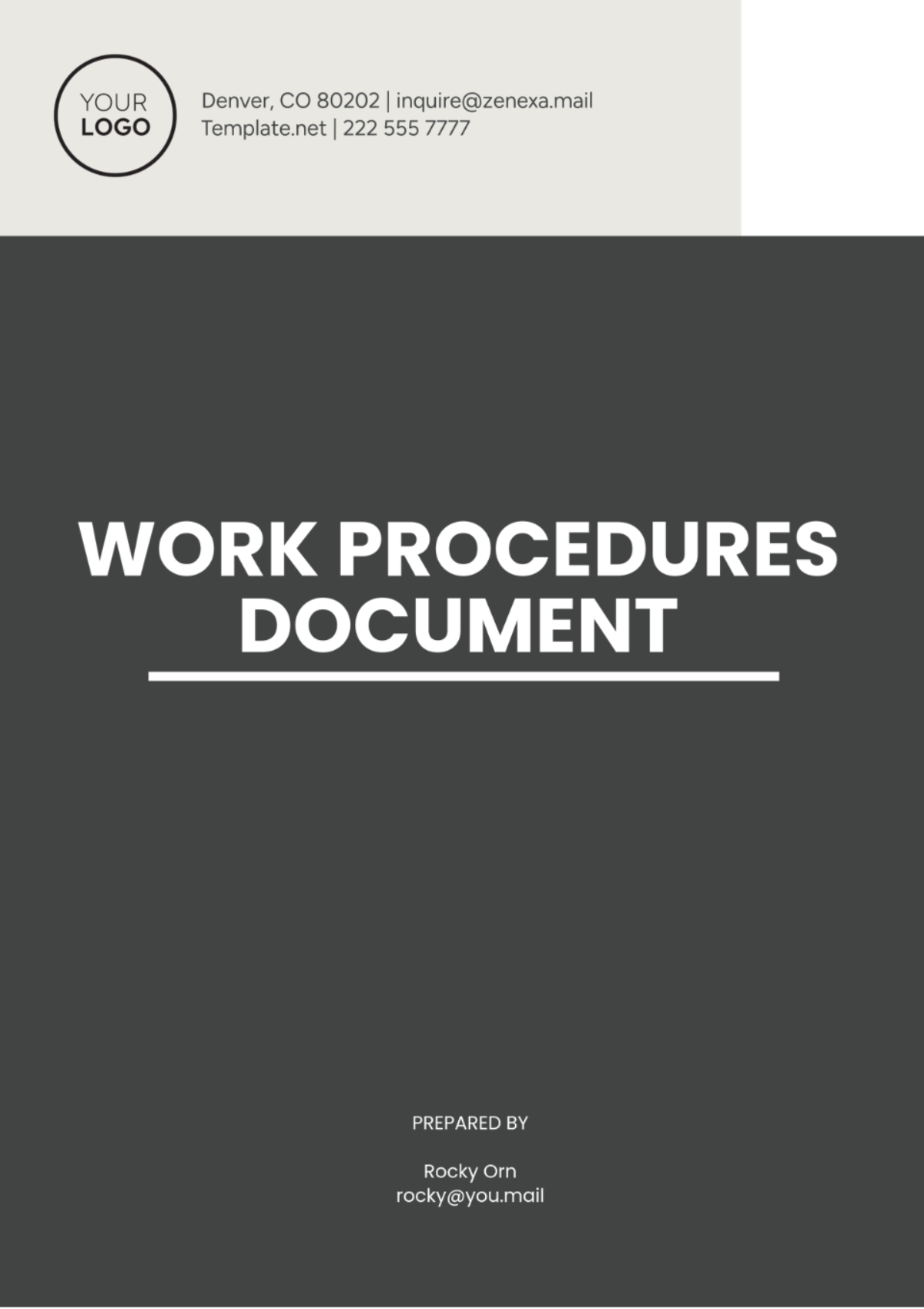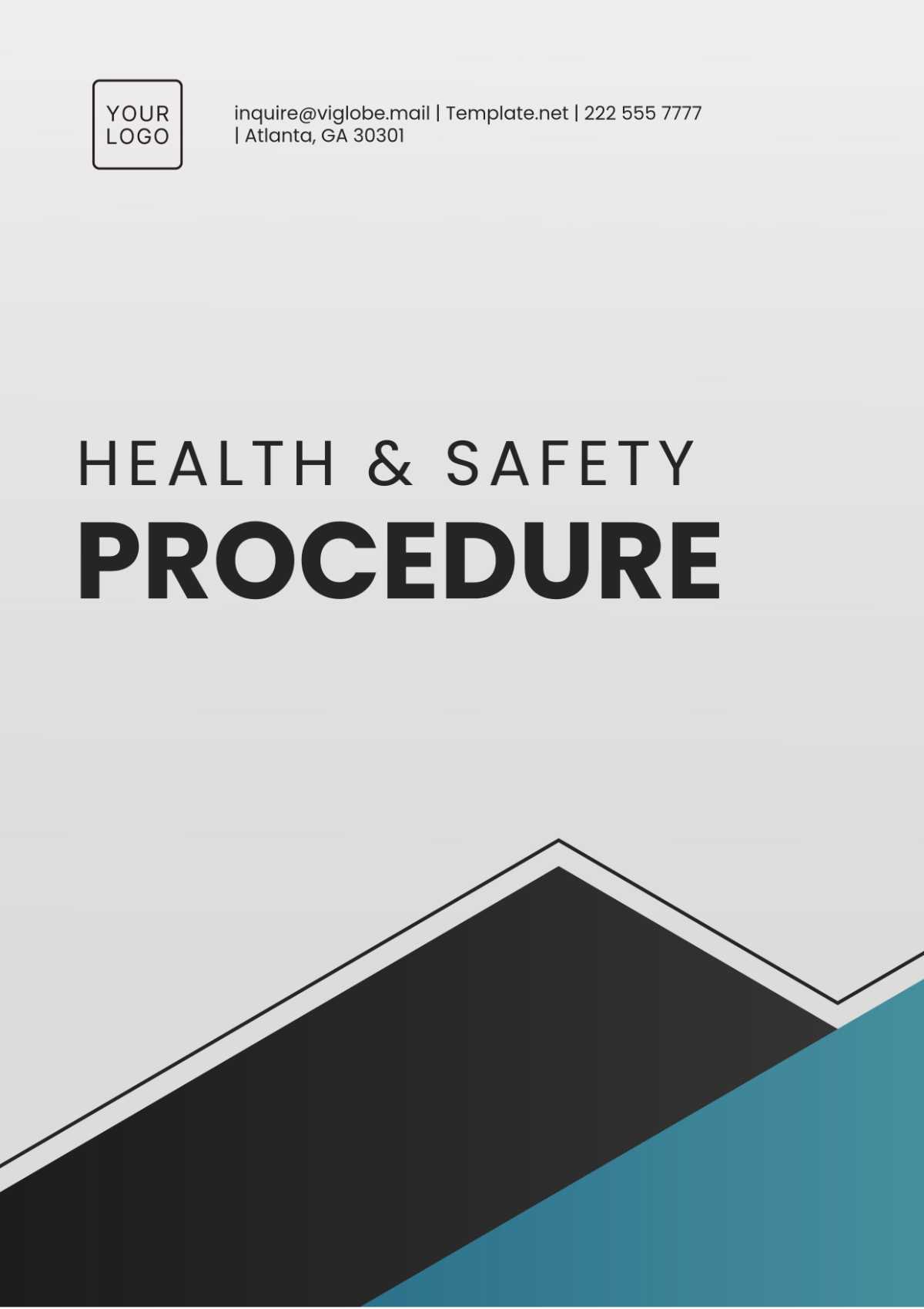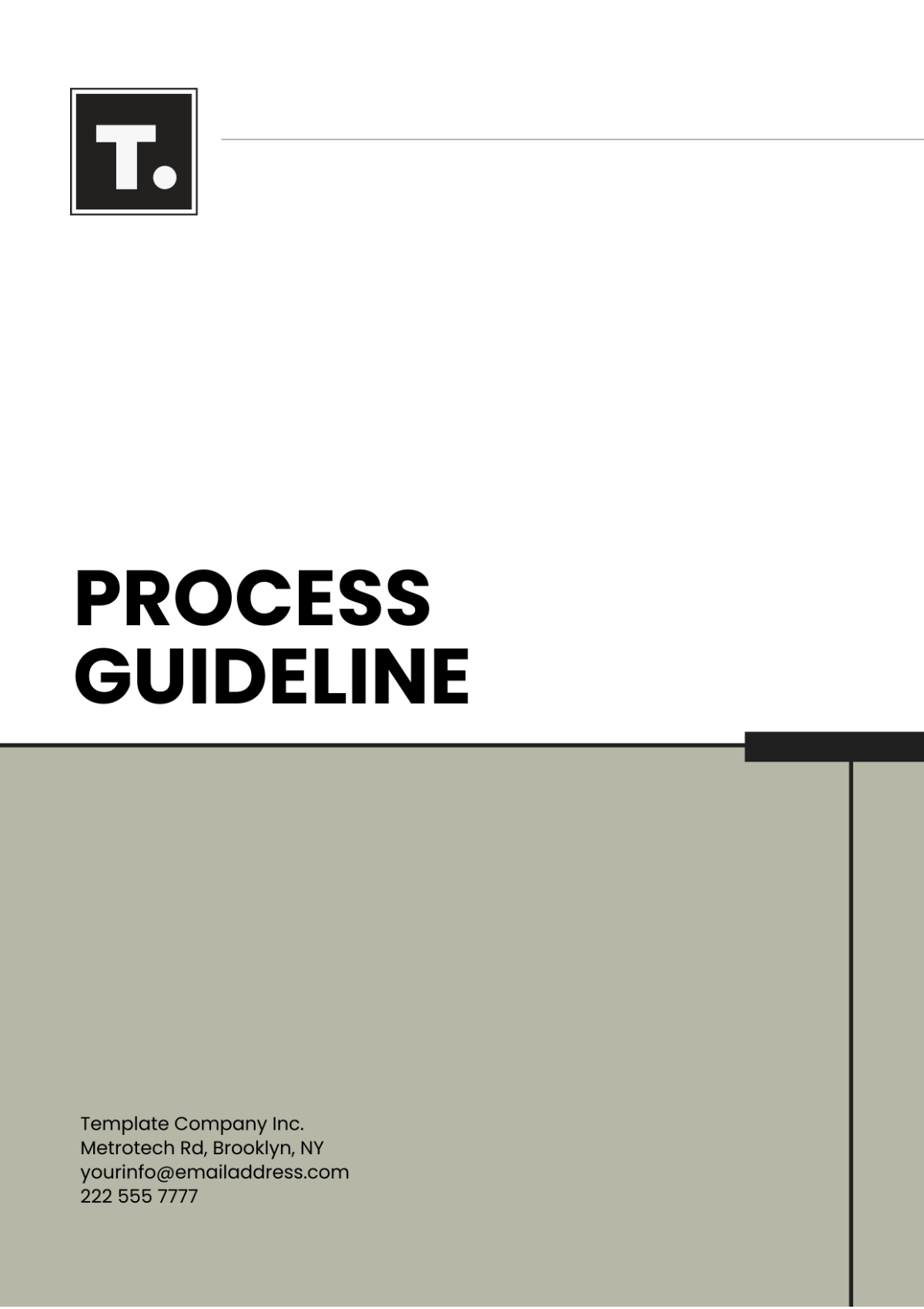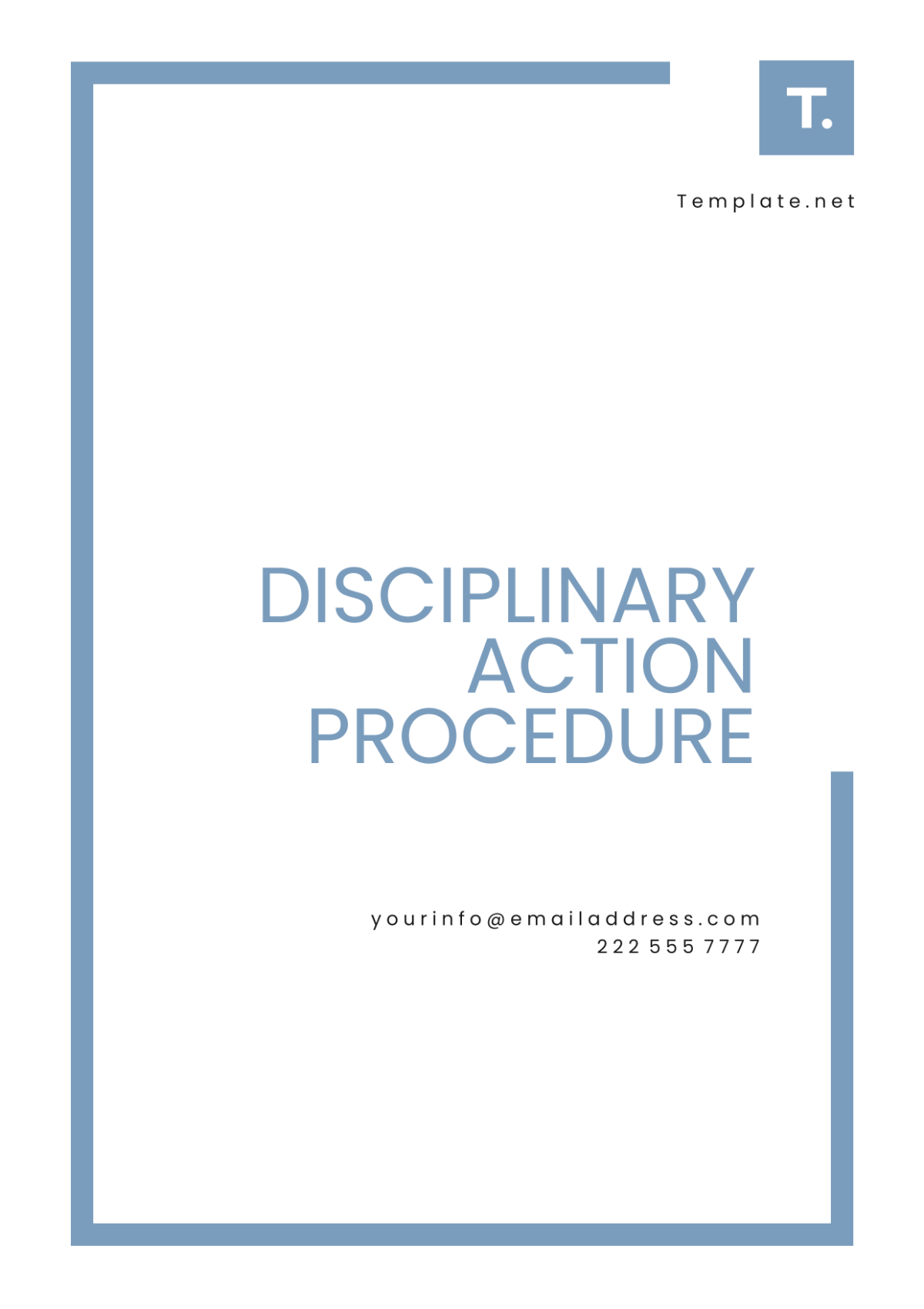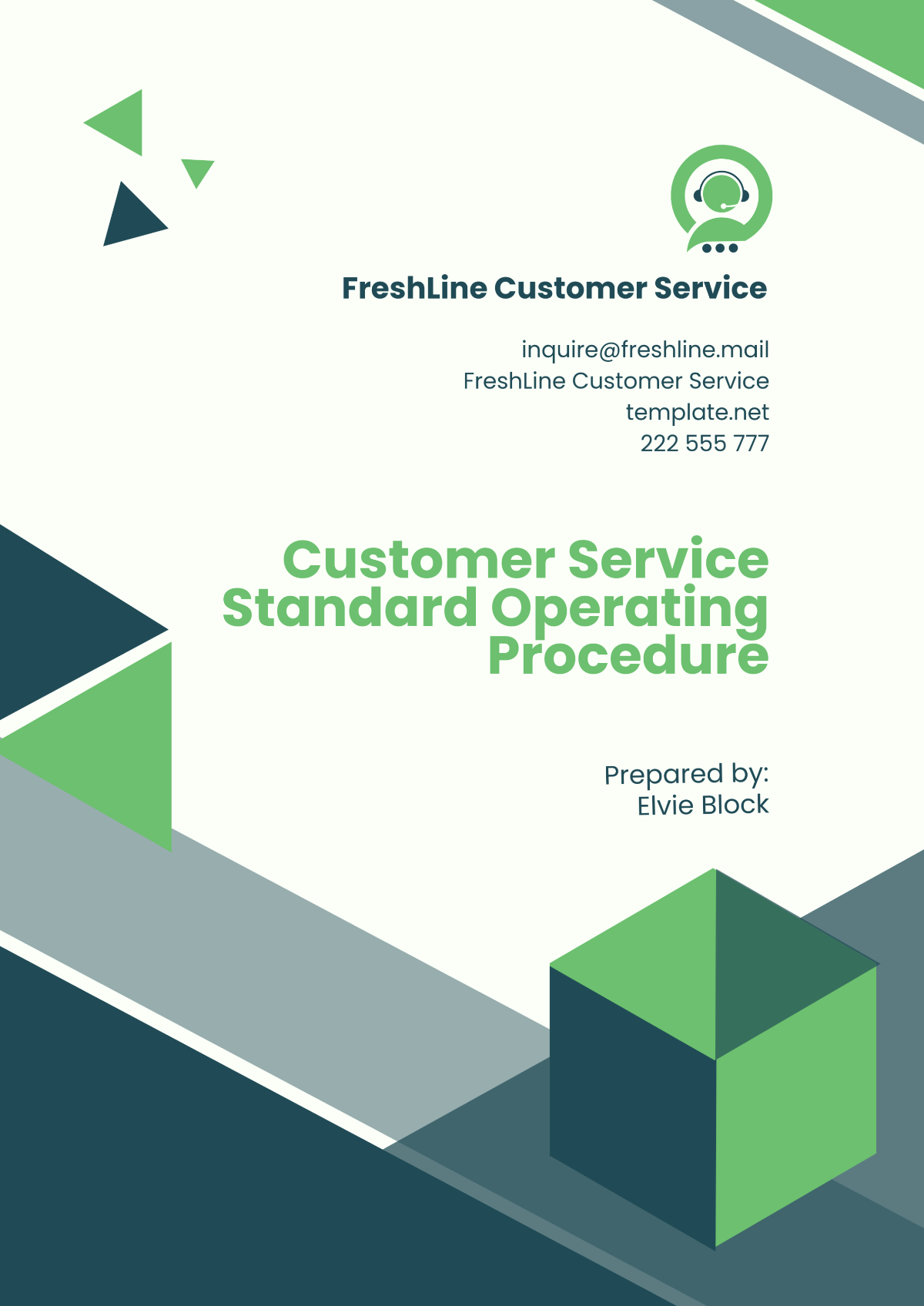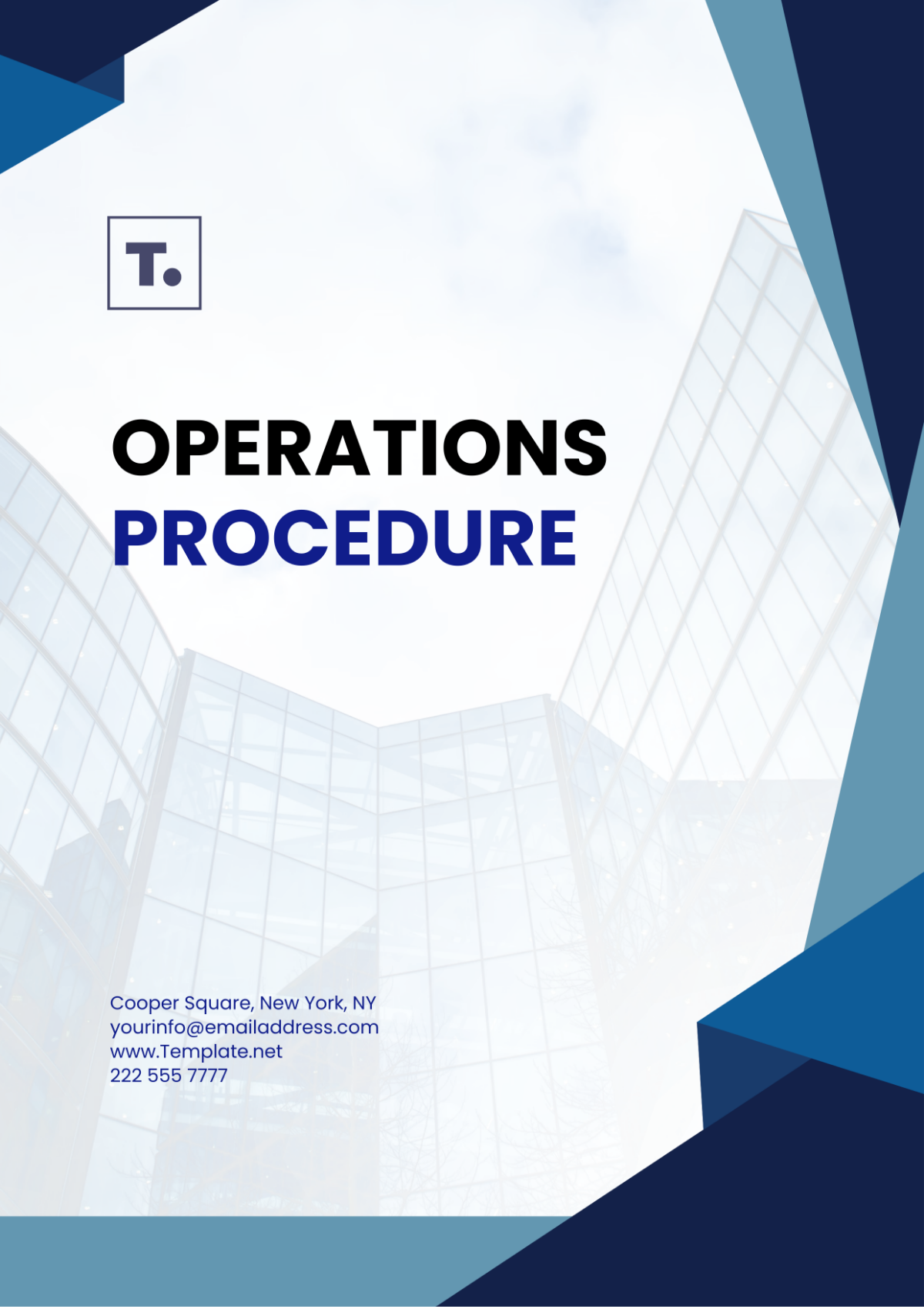Movie Theater Procedure Guide
I. Introduction
This procedure guide is designed to provide detailed operational guidelines for staff working at [Your Company Name] movie theaters. It covers all major aspects of running the theater, from ticket sales and concessions to theater maintenance and customer service, ensuring smooth, safe, and efficient daily operations. By following these procedures, [Your Company Name] aims to deliver an exceptional cinematic experience while maintaining the highest levels of safety, cleanliness, and professionalism. This guide will be updated regularly to incorporate new technology, trends, and industry standards in the movie theater business.
II. Theater Operations
A. Ticketing Procedure
Ticketing operations are the first point of contact for customers. Efficient, friendly, and accurate service at this stage sets the tone for the rest of the customer experience.
1. Ticket Purchase Process
1.1 Digital Kiosks:
In the year [2050], customers will predominantly use digital kiosks to purchase tickets. These kiosks allow them to browse available movies, select showtimes, choose seats, and complete payments using various digital wallets and contactless payment systems. Each theater should have at least [10] kiosks strategically placed near the entrance.
1.2 Mobile App:
Customers can also purchase tickets via the [Your Company Name] mobile app. The app provides real-time seat availability, ticket pricing, and showtime options. Upon purchasing, a digital QR code is generated, which will be scanned at the entrance. This method allows for a smooth, no-contact experience.
1.3 Counter Purchases:
For customers who prefer human interaction, ticket counters will remain available. Each theater will operate a minimum of [3] counters during peak hours and [1] counter during off-peak hours. Ticket clerks are required to be knowledgeable about daily movie schedules, promotions, and seating arrangements to assist customers effectively.
2. Ticket Verification
2.1 Entrance Scanners:
All entrances are equipped with high-speed QR and RFID scanners to verify tickets. Customers can either use their mobile app QR code or a printed ticket with a scannable code.
2.2 Security Measures:
Each scanner is connected to a database that verifies the validity of the ticket in real-time. Any discrepancies or issues such as duplicate codes or expired tickets will alert the staff. Security personnel are always stationed nearby to handle escalations.
B. Concessions
The concession stand remains one of the most vital revenue streams for [Your Company Name] theaters. It is important to maintain efficient service while ensuring food safety and hygiene.
1. Standard Menu
1.1 Core Items:
All theaters offer a standardized concession menu, which includes popcorn, soft drinks, nachos, candy, and hot dogs. Theaters are encouraged to introduce healthier options and gourmet items as well, such as artisanal popcorn, salads, and smoothies.
1.2 Customizable Options:
Given that it is the year [2050], we have incorporated AI-driven customizable concessions where customers can personalize items like flavored popcorn, choosing from over [20] flavors, or customizing their hot dogs with [15] topping options.
2. Automated Ordering
2.1 Self-Serve Kiosks:
Each concession stand is equipped with self-serve kiosks where customers can select and pay for their food items. These kiosks will have a simplified user interface and support multiple payment methods, including cryptocurrency.
2.2 Mobile App Orders:
Customers can also order snacks directly from their seats using the [Your Company Name] mobile app. The app syncs with their movie ticket purchase and seat assignment, allowing customers to place orders before or during the movie. Once the order is ready, a notification will be sent, and the customer can pick it up from a designated area.
3. Food Safety and Hygiene
3.1 Daily Equipment Cleaning:
Concession equipment (popcorn machines, soda dispensers, etc.) must be thoroughly cleaned daily after the last movie showing. Each item should be inspected and wiped down with approved sanitizers.
3.2 Employee Sanitation:
Employees must wear protective gloves and hairnets when handling food, and hand sanitizer stations are to be placed in key locations at all concession areas. Staff should change gloves after handling cash and before handling food.
III. Theater Maintenance
A. Cleaning and Sanitization
The cleanliness and maintenance of the theater are essential to ensuring customer satisfaction and safety, especially given the high volume of daily visitors.
1. Cleaning Schedule
1.1 Between Shows:
A team of cleaners should be assigned to each screening room to clean and sanitize between shows. Trash must be collected, seats wiped down, and floors vacuumed within a maximum of [10] minutes after each show ends. Special attention should be given to the armrests and cupholders, where food spillage is most likely.
1.2 Deep Cleaning:
Once a week, a thorough deep cleaning of the entire theater is required. This includes shampooing carpets, wiping walls, disinfecting restrooms, and polishing all metal surfaces. Each deep clean should last between [4-6] hours and should be scheduled during off-peak hours or early mornings to avoid customer disruption.
2. Technology-Assisted Cleaning
2.1 UV Light Sanitizers:
In [2050], all theaters will be equipped with UV light sanitizers installed in key areas such as lobbies, restrooms, and seating areas. These lights will automatically activate after each show to disinfect surfaces and ensure that all areas remain germ-free.
2.2 Cleaning Robots:
Robots equipped with artificial intelligence and laser mapping technology will be utilized for regular floor cleaning. These robots will be programmed to clean theaters during non-peak hours and between movie screenings. Each robot will cover an area of [1,500] square feet per cleaning cycle.
B. Equipment Maintenance
Maintaining the technical equipment in the theater is crucial to delivering an uninterrupted movie experience for patrons.
1. Projectors
1.1 Daily Inspection:
All projectors should be inspected before the first show of the day. Technicians must check for issues such as overheating, focus problems, or connectivity failures. Projector lens cleaning is mandatory every [48] hours to ensure clarity.
1.2 Software Updates:
In [2050], projectors will be AI-driven and integrated with smart software that occasionally needs updates. The software update schedule should be followed strictly to prevent interruptions. Updates should be performed during non-operational hours and technicians must verify compatibility with movie files and system integrations.
2. Sound Systems
2.1 Speaker Calibration:
Every week, audio systems should be calibrated to ensure optimal performance. Over time, environmental factors can affect the sound quality. Technicians must adjust the sound balance in accordance with room size and acoustics. An automated system will provide feedback on optimal settings for different types of movies (e.g., action, drama, etc.).
2.2 Backup Systems:
Each theater must have backup sound equipment to cover any malfunctions during a screening. This includes spare speakers and sound processors that can be quickly switched on in the event of a system failure.
IV. Customer Service
A. Handling Customer Complaints
Customer satisfaction is a top priority at [Your Company Name]. All complaints must be addressed quickly and professionally to ensure a positive experience.
1. Complaint Types
1.1 Ticketing Issues:
Customers may experience issues with their tickets, such as being double-booked or not receiving their mobile tickets. These issues should be addressed at the help desk or through the customer service hotline. Staff should verify the problem, offer immediate solutions like seat upgrades, or provide full refunds if necessary.
1.2 Concessions Complaints:
Common complaints regarding concessions may include missing items, incorrect orders, or unsatisfactory food quality. In these cases, customers should be offered a replacement or a coupon for future purchases.
1.3 Technical Difficulties:
Technical issues such as sound disruptions or screen malfunctions during a movie are to be treated with high priority. Managers must pause the movie and inform customers of the delay, ensuring a technician is available immediately to fix the problem. Compensation may include free tickets for future shows or a partial refund.
2. Resolution Procedure
2.1 Immediate Response:
For minor complaints, staff should be trained to offer quick resolutions such as replacing snacks, offering seat changes, or providing ticket refunds. Escalated complaints should be directed to the theater manager on duty, who will have the authority to handle more complex situations.
2.2 Post-Show Feedback:
Customers are encouraged to leave feedback via the mobile app after their movie experience. Any negative feedback is logged and reviewed weekly by the theater management, who will then contact customers to offer solutions such as discounts, apologies, or detailed explanations of how the issue has been addressed.
B. VIP and Loyalty Programs
Offering VIP services and loyalty programs is key to building a long-term customer base.
1. VIP Seating
1.1 Lounge Access:
VIP ticket holders have access to a luxury lounge with complimentary snacks and drinks. The lounge also provides private bathrooms and offers personalized service. Each theater must have a minimum of [1] VIP lounge area.
1.2 Recliner Seats:
VIP customers are seated in recliner seats, which are equipped with adjustable backrests, footrests, and heated cushions. Seats are spaced further apart for additional privacy and comfort. A dedicated server is available to take concession orders directly from VIP patrons.
2. Loyalty Programs
2.1 Points System:
Customers earn points for every ticket and concession purchase. The points can be redeemed for free tickets, snacks, or merchandise. Every [100] points earned gives customers [1] free movie ticket. Points can be accumulated and redeemed through the mobile app.
2.2 Exclusive Previews:
Loyalty members are given early access to movie previews and special screenings. This is a key benefit that allows members to see new releases before the general public, enhancing the exclusive experience that [Your Company Name] offers.
V. Safety and Emergency Procedures
A. Fire and Evacuation
The safety of customers and staff is the highest priority in case of emergencies like fire outbreaks.
1. Fire Alarm System
1.1 Installation:
Fire alarm systems must be installed in every theater room, lobby, and restroom. Alarms should be connected to the local fire department and automatically trigger in case of smoke or fire detection.
2. Evacuation Procedure
2.1 Exit Routes:
All exit routes should be clearly marked with illuminated signs. Staff members are to guide patrons calmly towards exits, ensuring that no one is left behind. Regular fire drills must be conducted quarterly to ensure all staff are familiar with the procedure.
VI. Employee Roles and Responsibilities
A. General Staff
All employees at [Your Company Name] theater are expected to adhere to the guidelines and standards set in this procedure guide. Proper training, customer service, and teamwork are vital to ensuring the theater runs smoothly.
1. Ticket Counter Staff
1.1 Primary Duties:
Ticket counter staff are responsible for selling tickets, providing information about movie schedules, promotions, and seating arrangements. They must ensure all customer transactions are accurate and efficient. They should also be familiar with how to resolve minor ticketing issues and direct customers to available self-service options like kiosks or mobile app purchases.
1.2 Required Skills:
Ticket counter employees must be well-versed in [Your Company Name]'s digital ticketing system, understand how to handle both cash and digital payments, and be able to provide excellent customer service. Training on conflict resolution and basic technical troubleshooting is also mandatory.
2. Concession Stand Employees
2.1 Primary Duties:
Concession staff are tasked with preparing and serving food and beverages. They must handle all transactions quickly and accurately, and ensure that all food items are prepared according to safety and hygiene standards.
2.2 Cross-Training:
Concession employees should be cross-trained to handle digital orders and work with automated systems such as self-serve kiosks. In the event of high demand, they may also assist with restocking food items or preparing pre-ordered concession items for pickup.
3. Ushers
3.1 Seating and Customer Assistance:
Ushers help guide customers to their seats, check tickets, and assist with any seating-related issues. They should be familiar with the theater layout, seating charts, and ADA accommodations. Ushers are also responsible for ensuring that aisles are clear and that customers can locate their assigned seats quickly.
3.2 Cleaning and Maintenance Support:
Ushers assist with light cleaning between shows, including picking up litter, emptying trash bins, and sanitizing seats. In case of any customer disruptions (e.g., noise complaints or seating disputes), ushers are the first line of response, escalating any serious issues to theater management.
4. Technicians
4.1 Primary Duties:
Technicians are responsible for maintaining the theater's technical equipment, including projectors, sound systems, and any associated digital systems. They must conduct routine inspections, troubleshoot issues in real-time, and ensure all equipment is functioning optimally.
4.2 Technology Support:
Technicians must stay up-to-date with technological advancements and software updates relevant to theater operations. This includes familiarity with AI-driven projection systems, sound calibration technologies, and integrated theater control systems.
B. Management
Theater management is responsible for overseeing the entire operation of the theater. Managers should ensure that all procedures are followed and that the staff provides a high-quality customer experience.
1. Theater Manager
1.1 Operational Oversight:
The theater manager is tasked with overall operational management, including supervising staff, handling escalated customer complaints, and ensuring that theater equipment and concessions are functioning efficiently. Managers also handle inventory management, ensuring sufficient stock levels of food, beverages, and other supplies.
1.2 Reporting and Scheduling:
The theater manager must prepare daily, weekly, and monthly reports, which track key performance metrics such as ticket sales, concession revenue, and customer satisfaction. They also create staff schedules, making sure there is adequate coverage for all operational areas during both peak and off-peak hours.
2. Assistant Manager
2.1 Support Functions:
The assistant manager supports the theater manager by overseeing specific areas of the theater operation, such as concessions or technical support. They also act as a liaison between the general staff and the theater manager, helping to resolve minor issues that do not require the manager’s direct involvement.
2.2 Training and Development:
The assistant manager is responsible for employee training programs, ensuring that all staff receive up-to-date training on customer service, food safety, technical troubleshooting, and emergency procedures. They are also responsible for monitoring staff performance and providing feedback or conducting performance reviews.
VII. Marketing and Promotions
A. Movie Promotions
Promotional efforts are crucial to increasing foot traffic and generating excitement around new releases.
1. Advance Screenings and Premieres
1.1 Exclusive Events:
For major movie releases, [Your Company Name] hosts exclusive advance screenings and red-carpet premiere events. VIP customers, loyalty members, and local media are invited to attend. These events provide added value for loyal customers and generate buzz for the theater. The theater should aim to host at least [6] advance screenings per year.
1.2 Partnerships:
Collaborations with film distributors and production companies ensure access to early-release content, exclusive trailers, and limited-edition merchandise, which can be used to attract customers to these special events. Staff should be trained to handle the increased demand during these events and ensure a seamless experience.
2. Promotions and Discounts
2.1 Seasonal Discounts:
[Your Company Name] offers seasonal promotions such as discounted tickets during summer months or "Buy-One-Get-One-Free" deals on certain holidays. Promotions are designed to attract customers during off-peak seasons or low-attendance days, with a focus on filling theaters to capacity.
2.2 Special Deals for Groups:
Discounts are available for large groups such as schools, corporate events, or birthday parties. Group packages include bulk ticket pricing, concession discounts, and reserved seating. Managers are required to coordinate group events to ensure that the theater can accommodate these larger parties without disrupting the experience for regular customers.
3. Cross-Promotions
3.1 Partnering with Local Businesses:
The theater can partner with nearby restaurants, retail stores, and entertainment venues to create cross-promotional opportunities. For example, a customer who dines at a partner restaurant could receive a discounted movie ticket, and vice versa. These partnerships are designed to mutually benefit both businesses and increase customer traffic.
VIII. Technological Advancements
A. Augmented Reality (AR) and Virtual Reality (VR) Experiences
By the year [2050], AR and VR technology has revolutionized the movie-going experience, adding new dimensions of interactivity and immersion.
1. AR Experiences
1.1 Pre-Movie Engagement:
Customers will have access to AR experiences in the theater lobby, where they can interact with digital characters from upcoming movies, play interactive games, or watch AR-based movie trailers. AR stations should be placed near waiting areas to engage customers before their movie starts.
2. VR Movie Screenings
2.1 Immersive VR Rooms:
Select theaters will offer VR rooms where customers can watch movies in a fully immersive environment. These rooms are equipped with VR headsets, surround sound, and motion-enabled chairs that react to the events happening on screen.
2.2 Post-Movie Interactions:
After the movie ends, customers can use VR to explore behind-the-scenes content or experience interactive storytelling that continues beyond the film’s ending.
IX. Financial Procedures and Reporting
A. Daily Cash Handling
1. Cash Drawer Management
1.1 Opening Cash Drawer:
Each day, the theater manager or assigned cashier must count and document the starting cash amount in each register drawer before the theater opens. The initial cash float should be a minimum of [500] credits to ensure adequate change for the day's transactions.
1.2 Closing Cash Drawer:
At the end of the day, all cash drawers are to be counted and reconciled against the day’s sales reports. Discrepancies must be reported immediately, and a detailed investigation should follow.
2. Digital Transactions
2.1 Mobile Payments and Cryptocurrency:
Theaters accept various digital payment methods, including cryptocurrency. All transactions are automatically recorded in the theater’s digital sales system. At the end of each day, a report of all digital sales must be generated and stored in the theater’s financial records.
2.2 Sales Reporting:
A detailed report of total sales, including breakdowns for ticketing, concessions, and merchandise, should be generated at the close of each business day. These reports are then reviewed by the theater manager and submitted to the finance department for archiving and analysis.
X. Sustainability Practices
A. Environmental Impact Reduction
1. Waste Management
1.1 Recycling Initiatives:
In an effort to reduce the environmental impact of daily operations, [Your Company Name] theaters will implement recycling stations throughout the theater. Clear signage will direct customers to recycle materials like plastic cups, paper, and cardboard. Additionally, concession stands will transition to eco-friendly packaging made from biodegradable materials.
2. Energy Efficiency
2.1 LED Lighting:
All theaters are outfitted with energy-efficient LED lighting, both inside the screening rooms and in common areas such as lobbies and restrooms. Motion sensors are installed to reduce energy consumption when rooms are not in use. By adopting these practices, theaters can reduce energy usage by up to [30%] annually.
3. Solar Panels
3.1 Renewable Energy Sources:
Where applicable, [Your Company Name] will install solar panels on the roofs of its theaters to generate renewable energy. This investment in solar technology will significantly reduce the theater’s reliance on non-renewable energy sources and contribute to the overall sustainability goals of the company.

